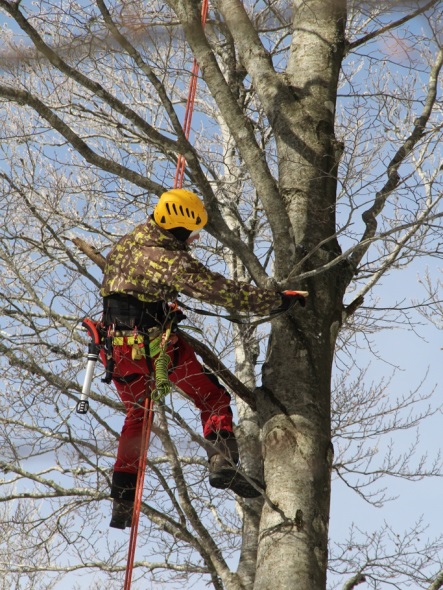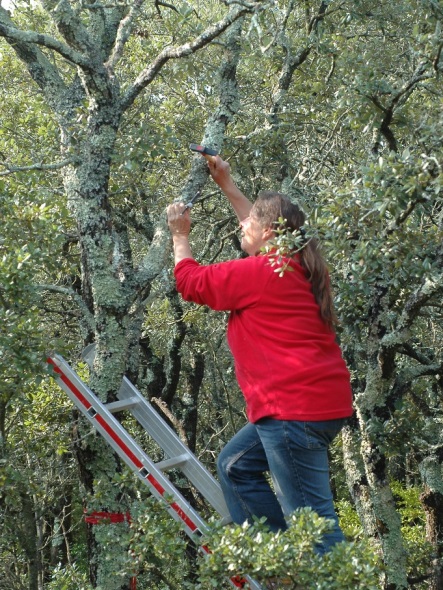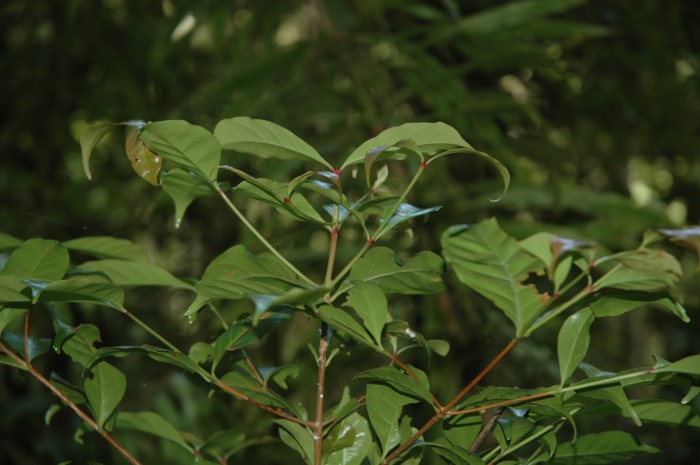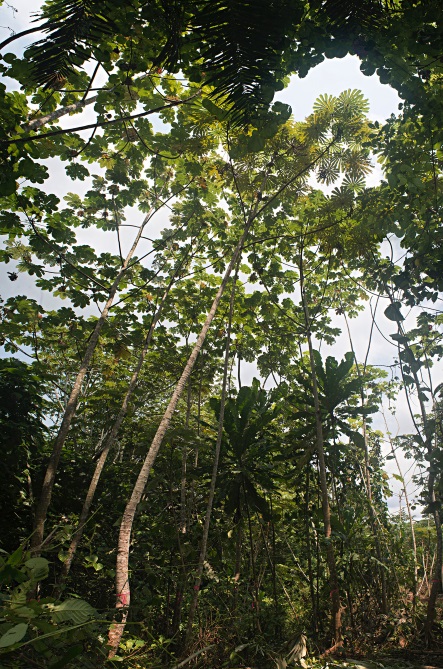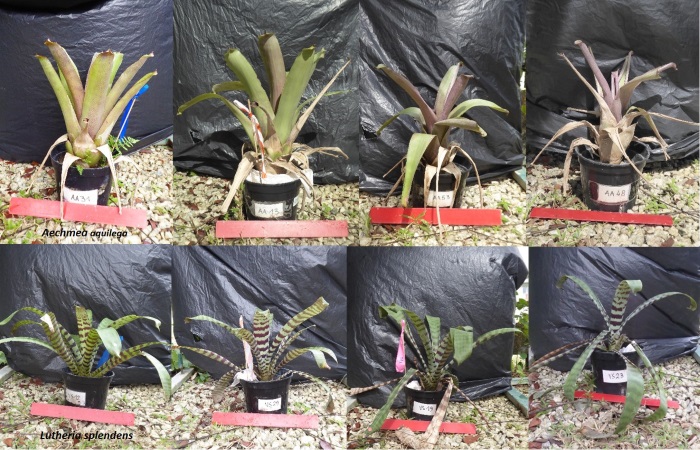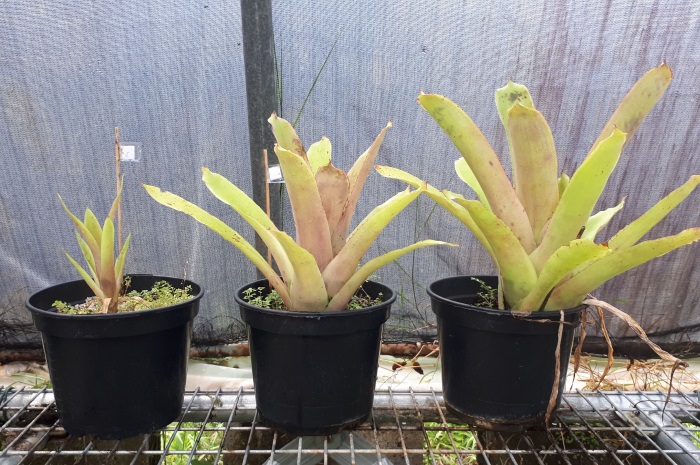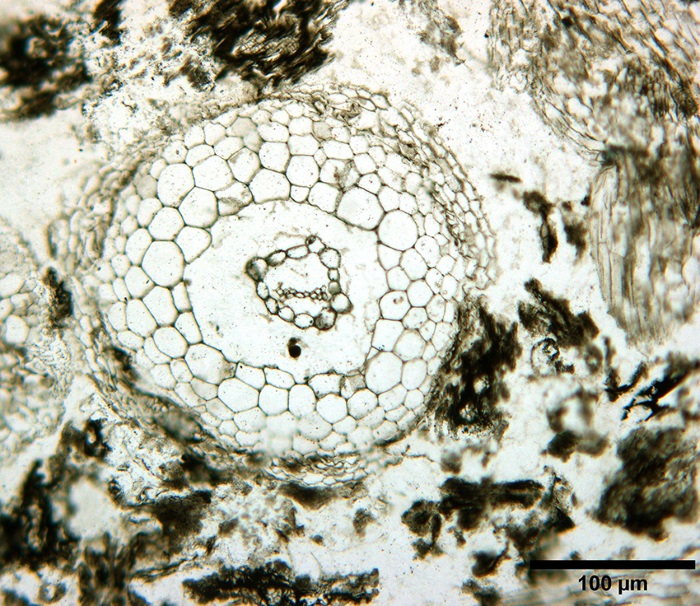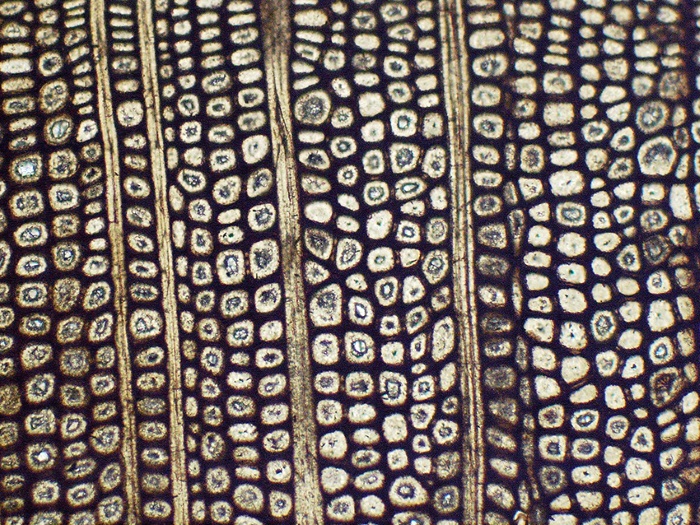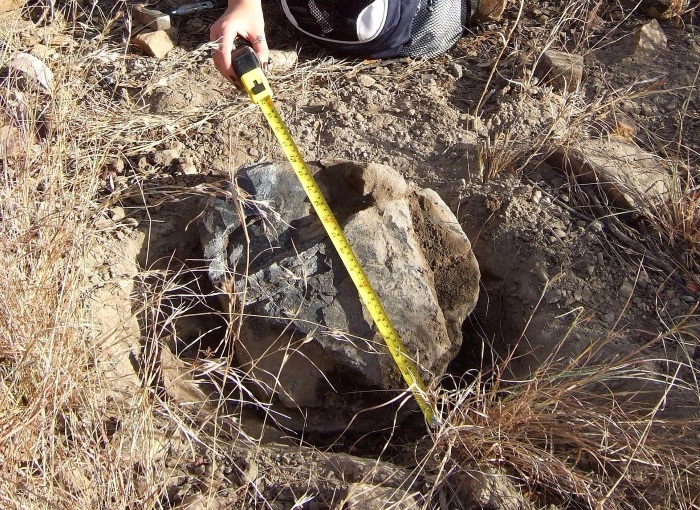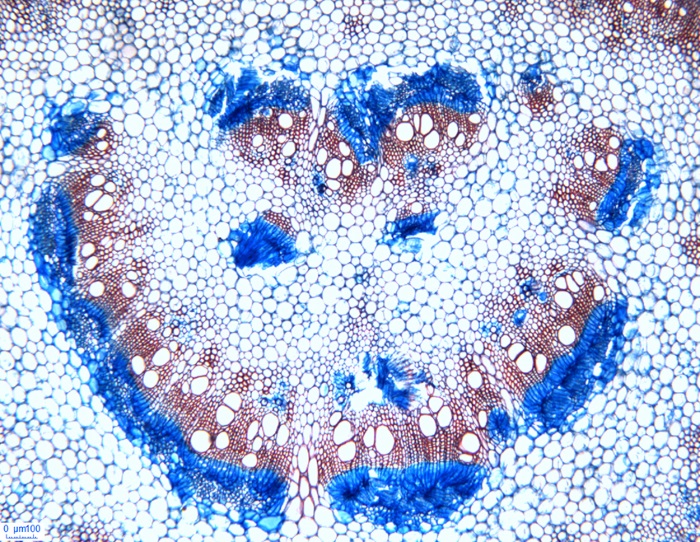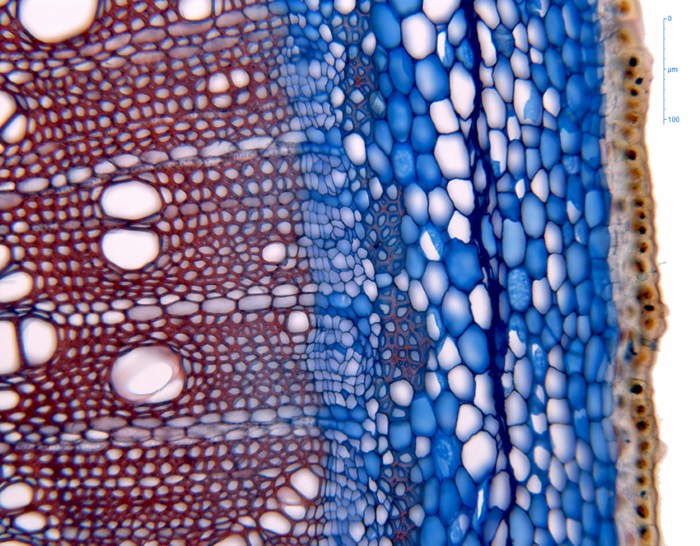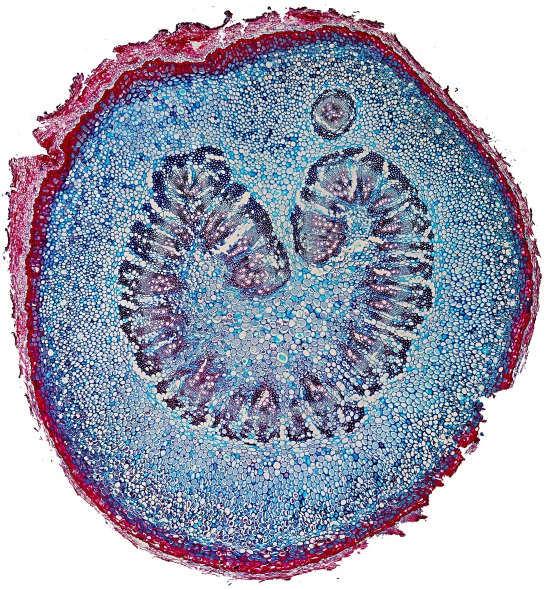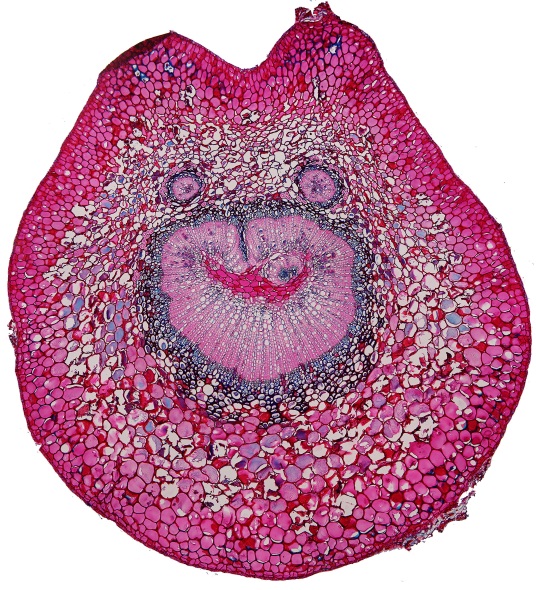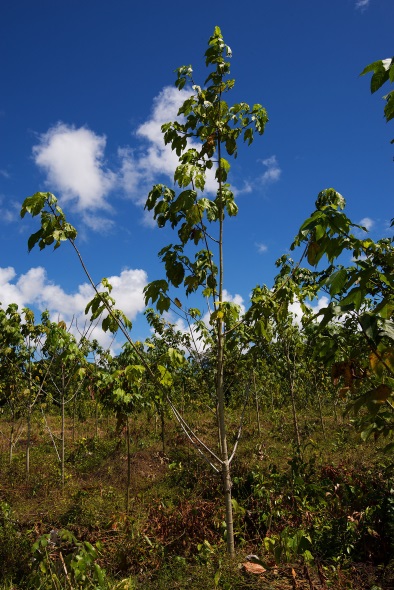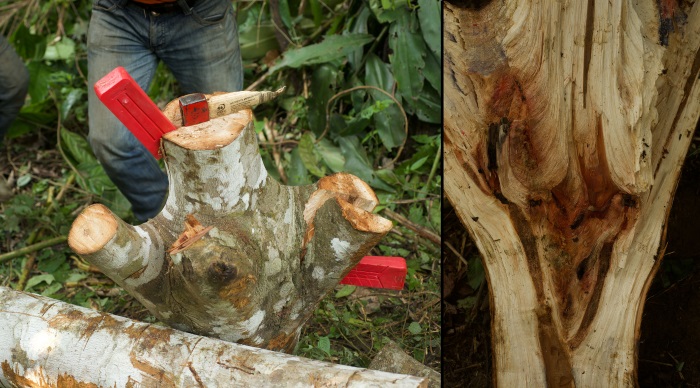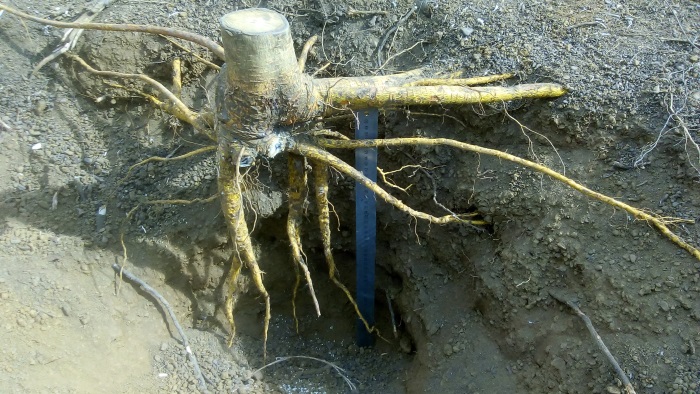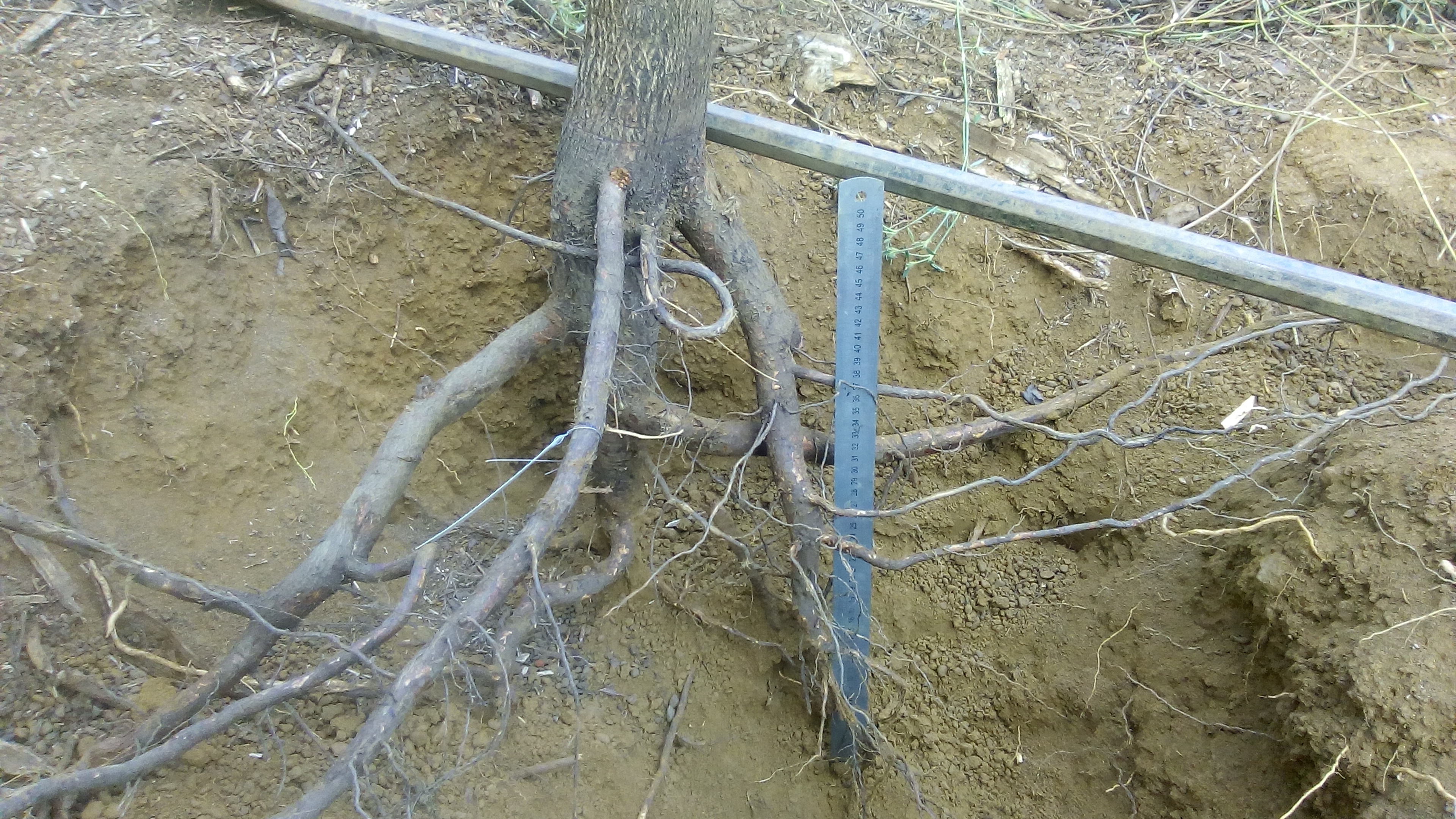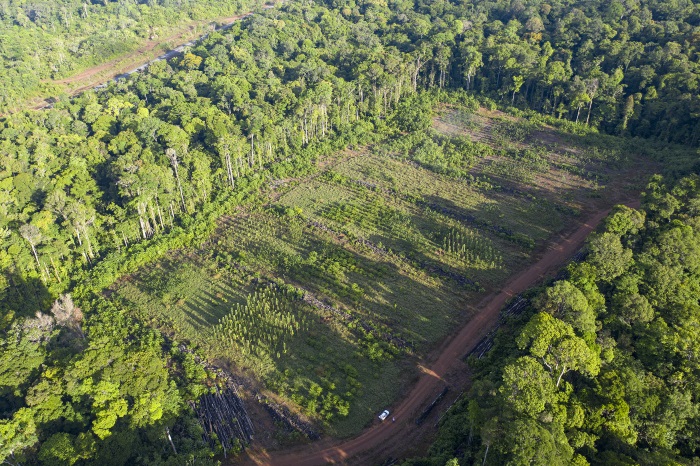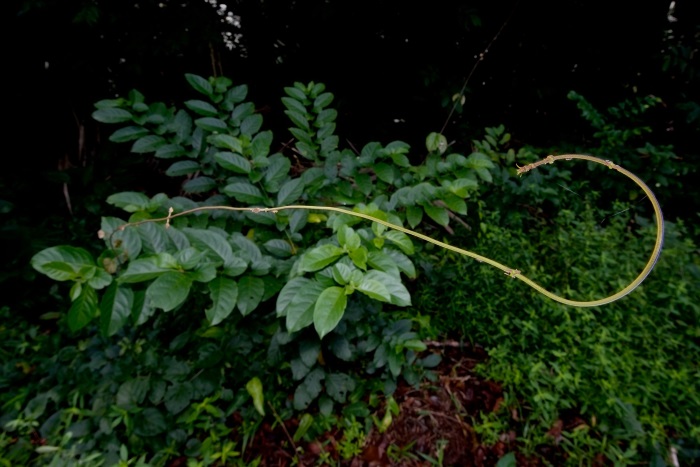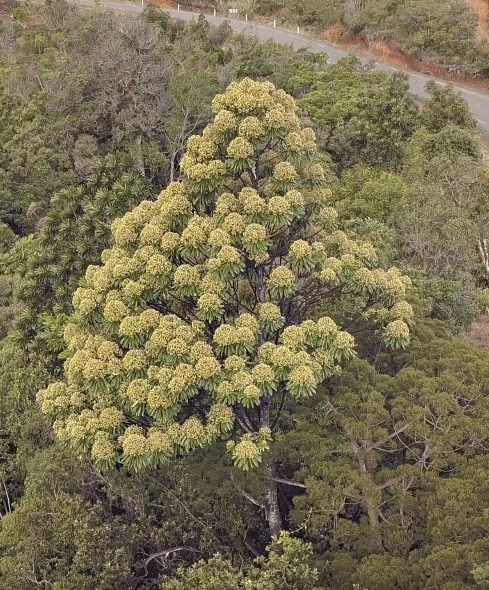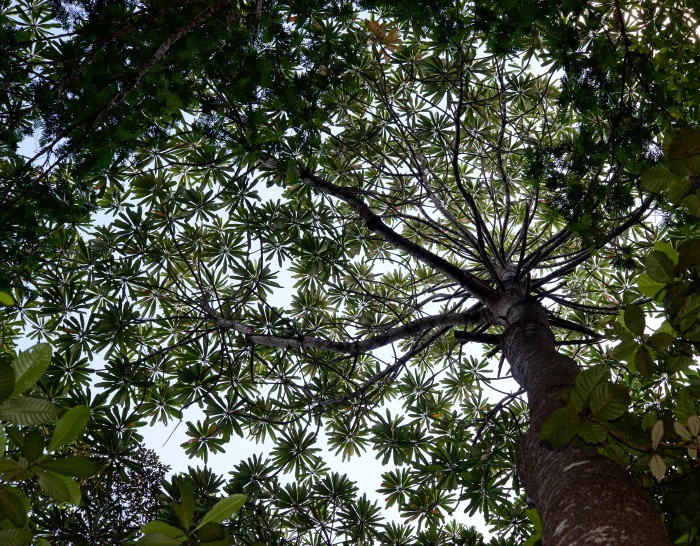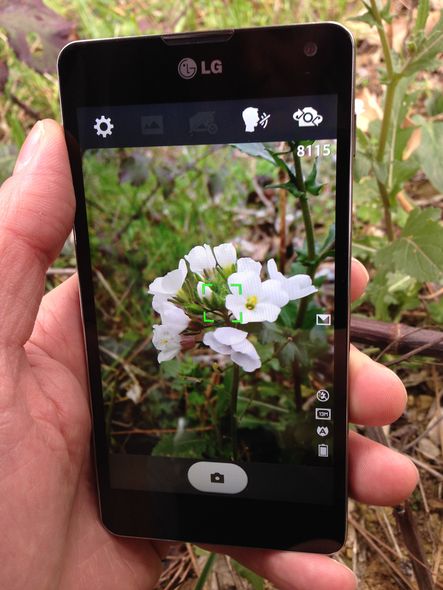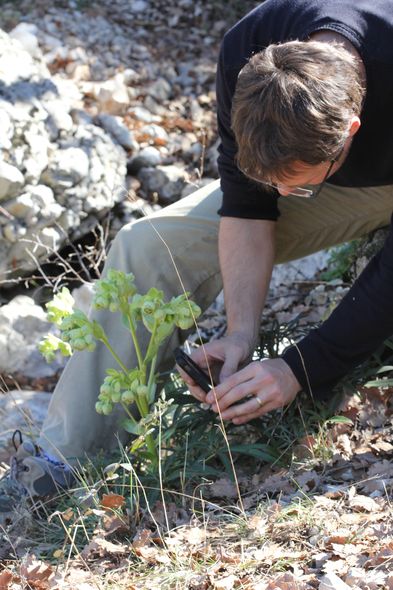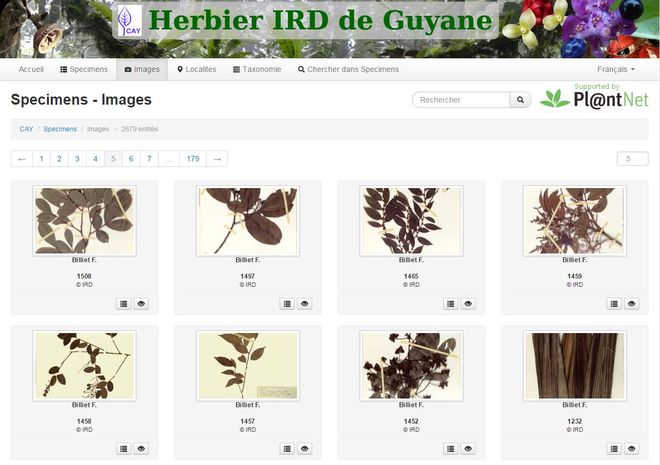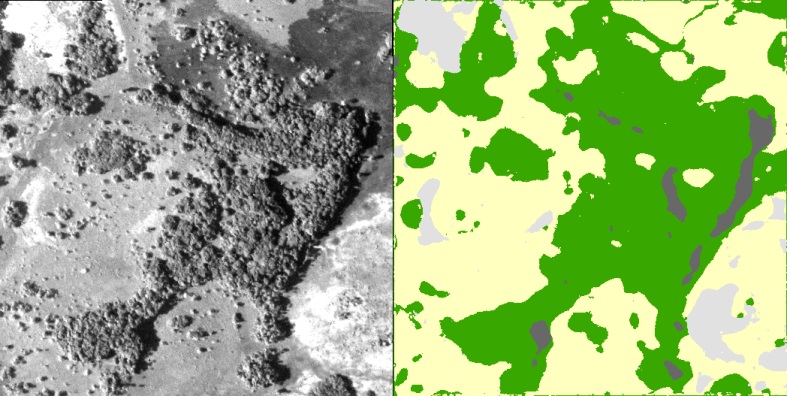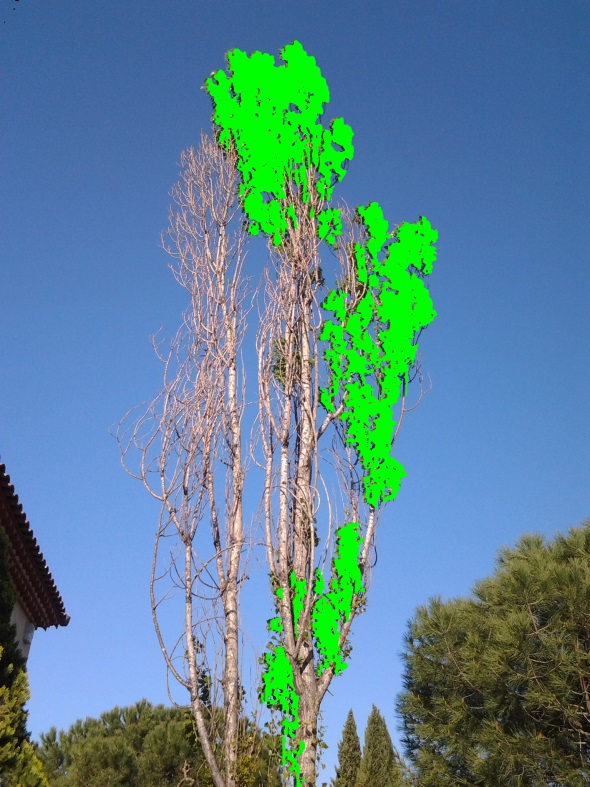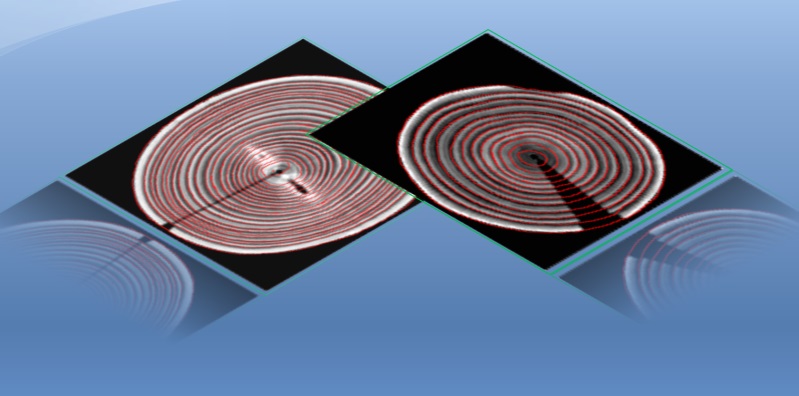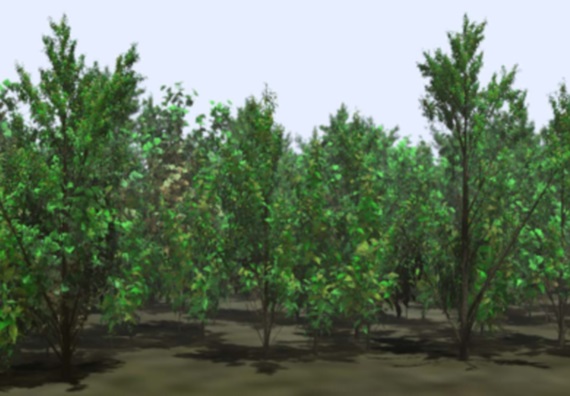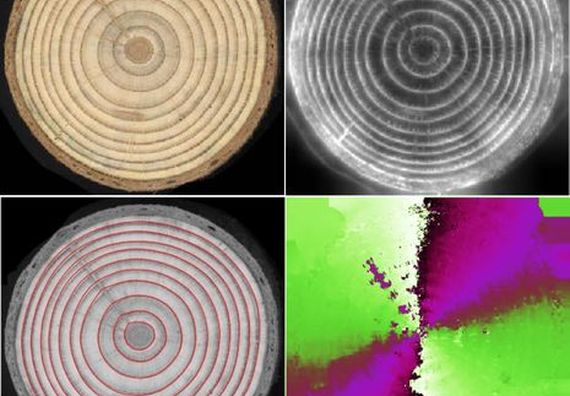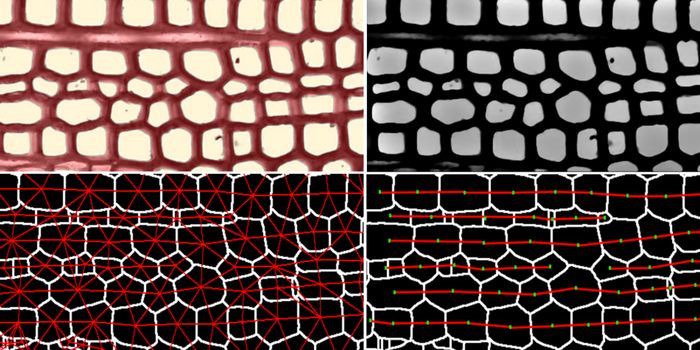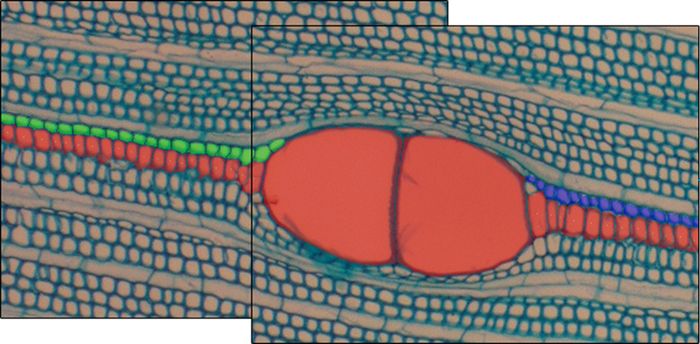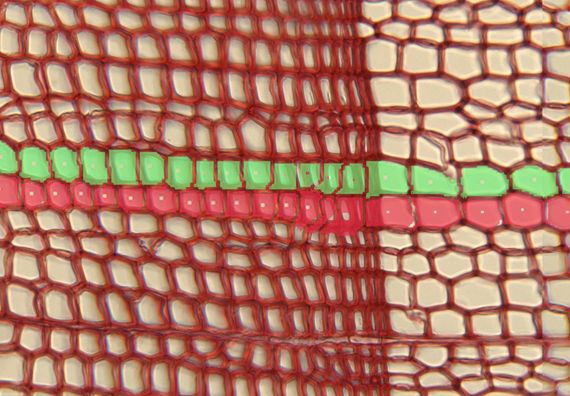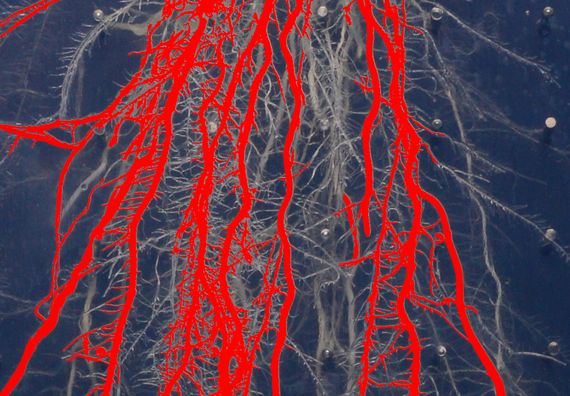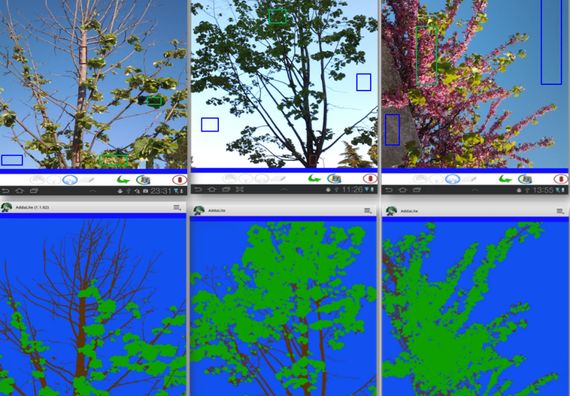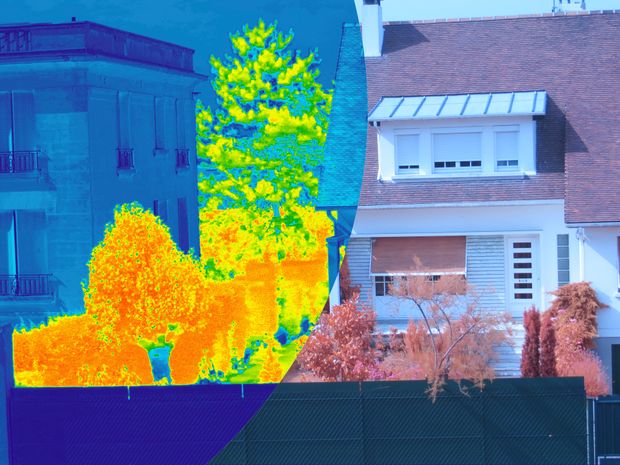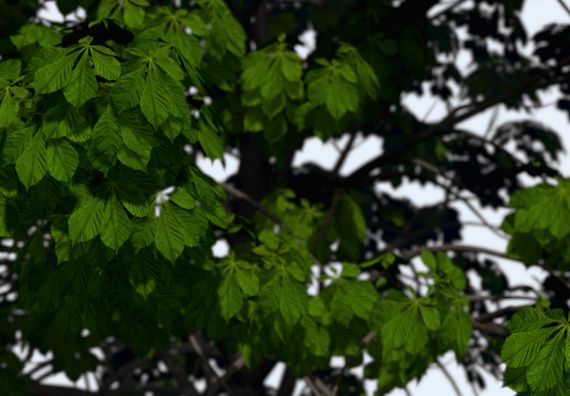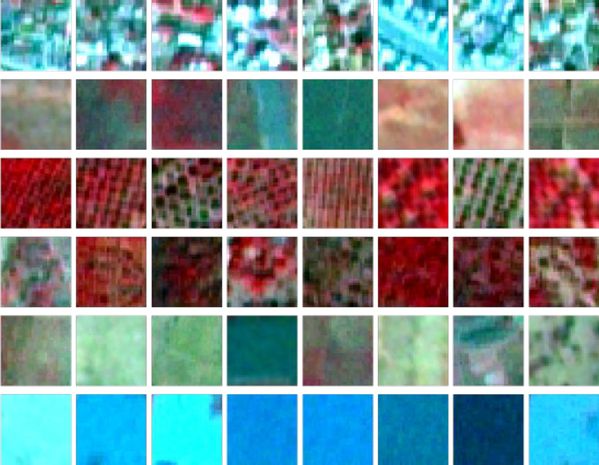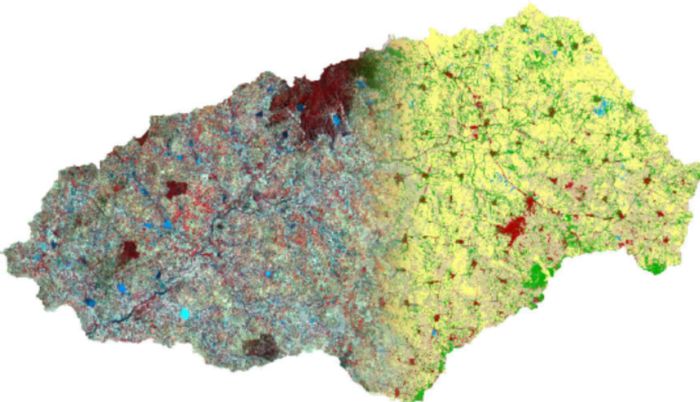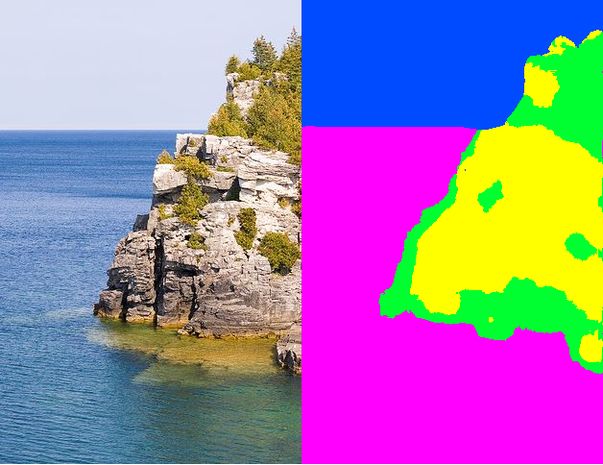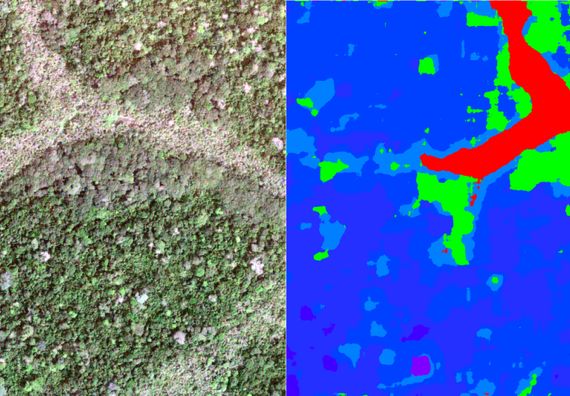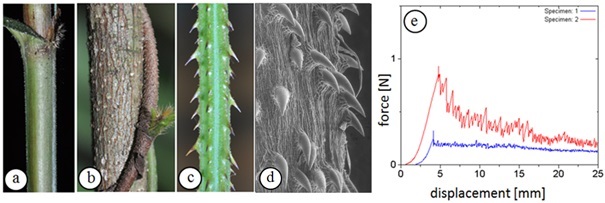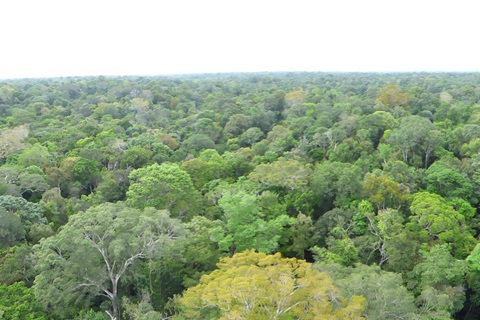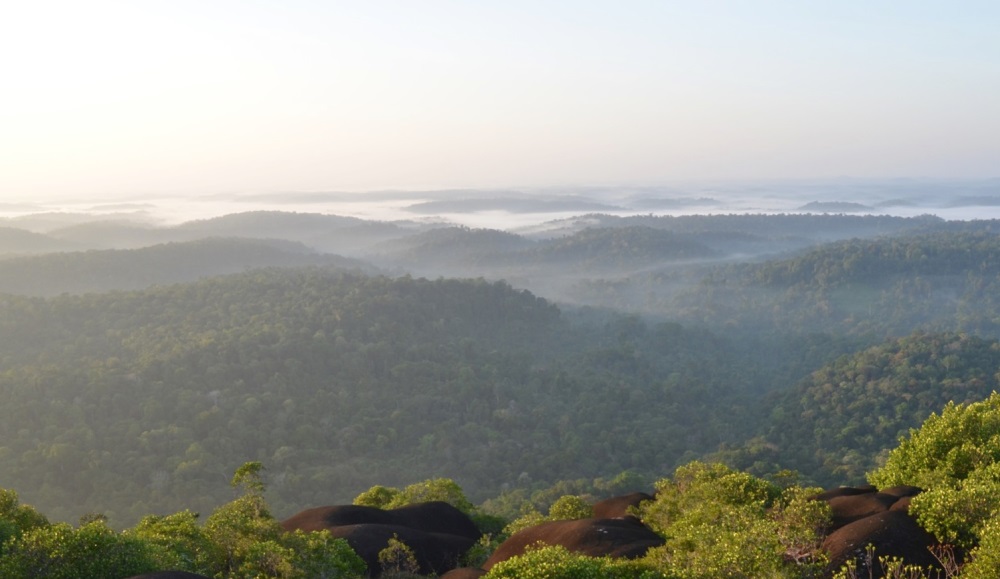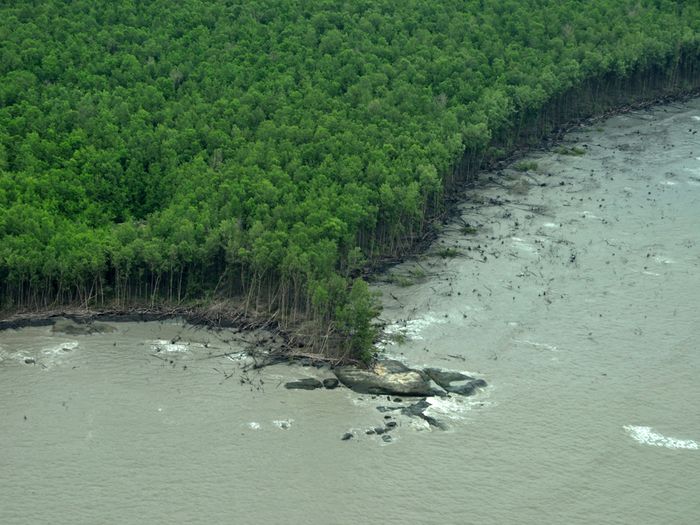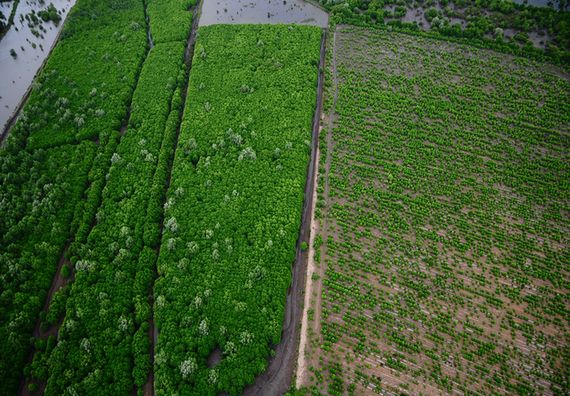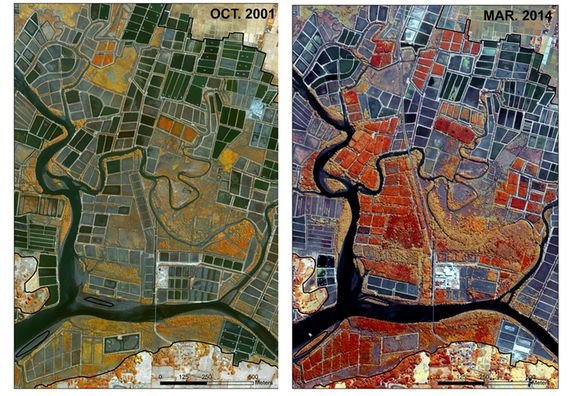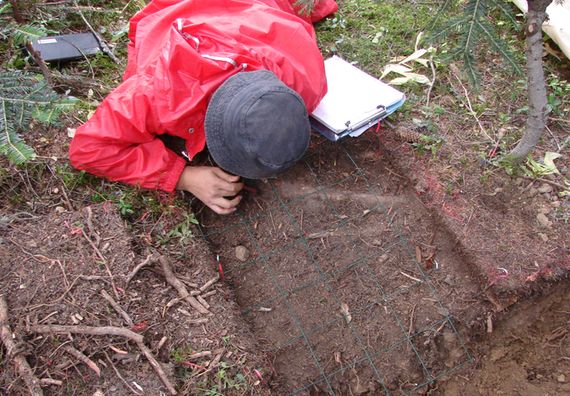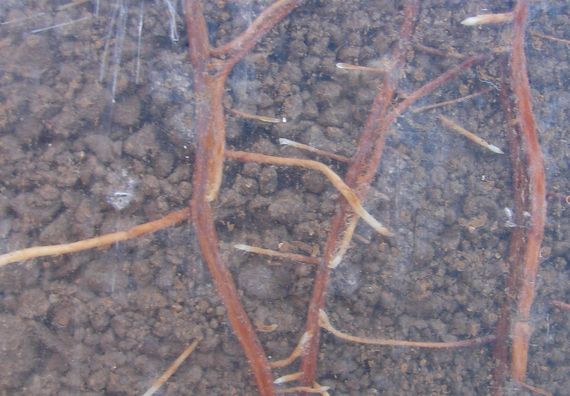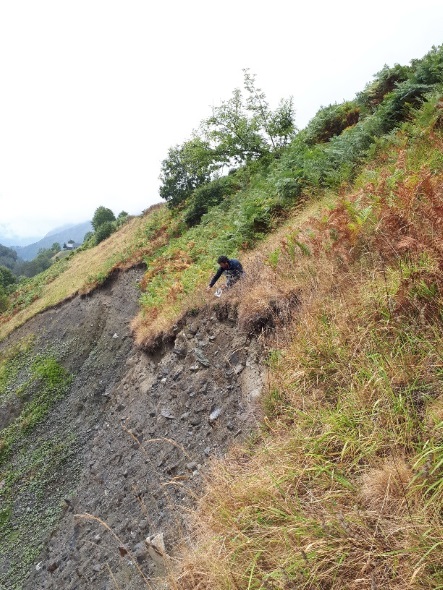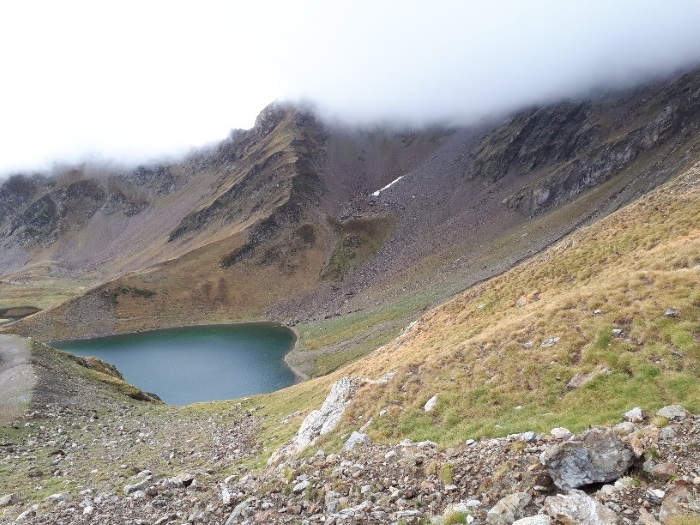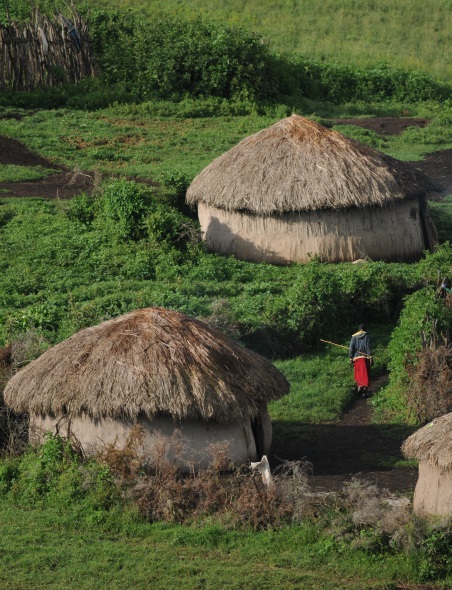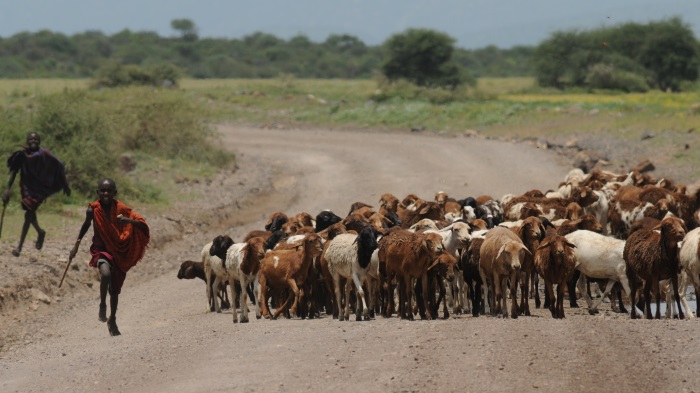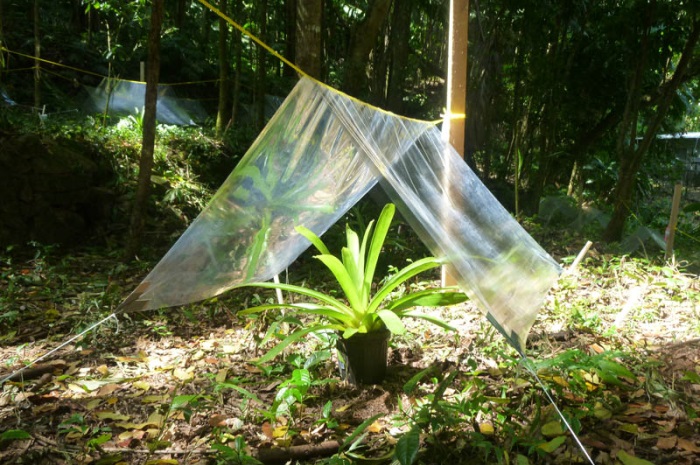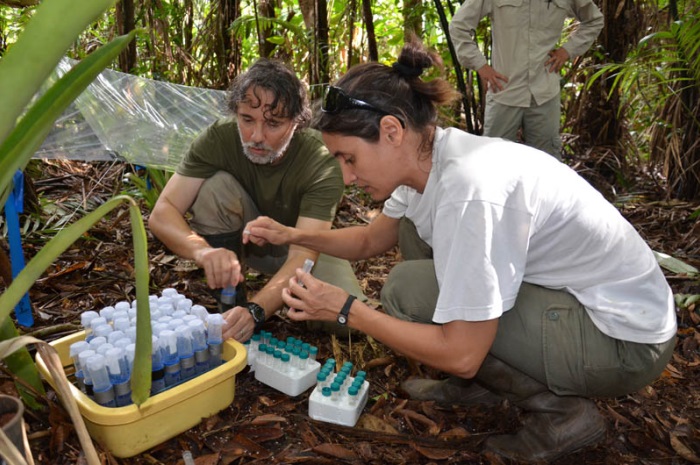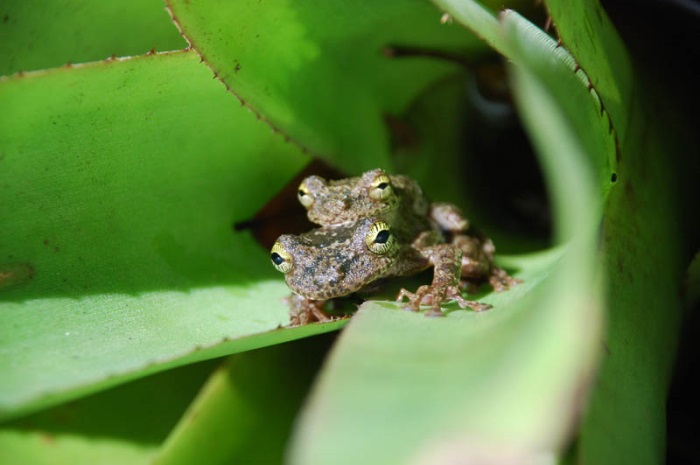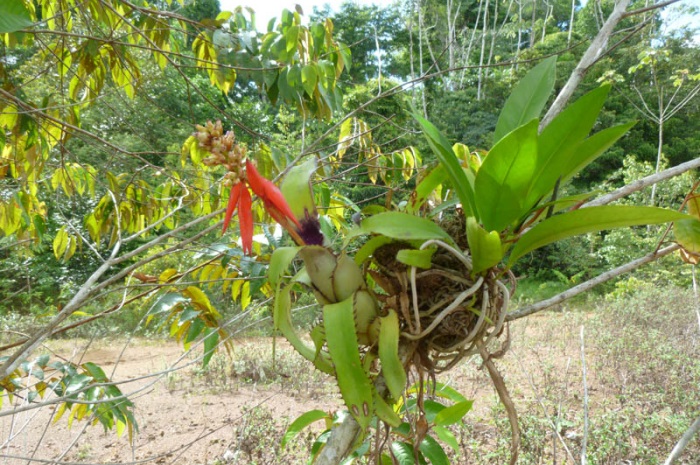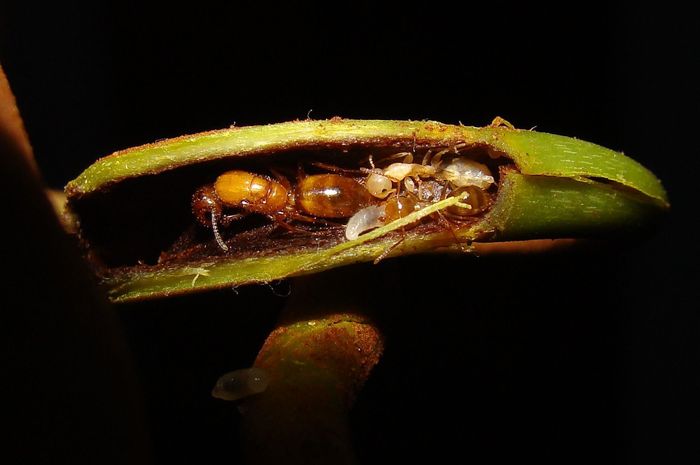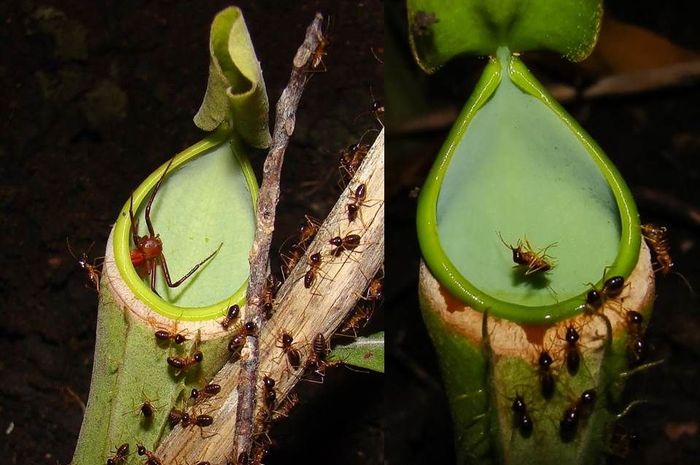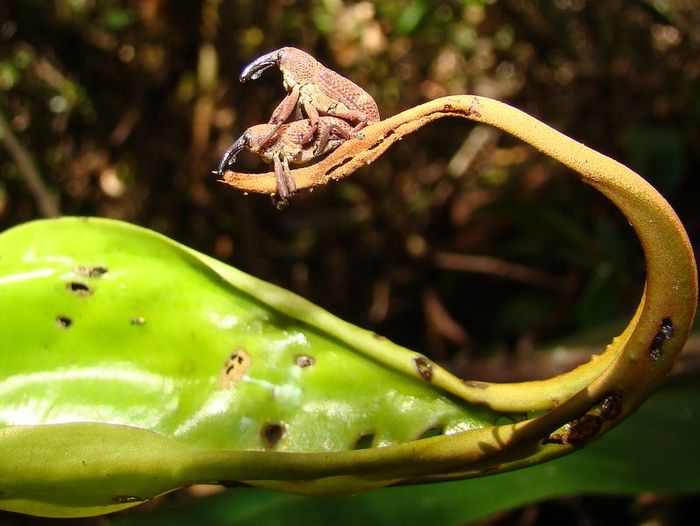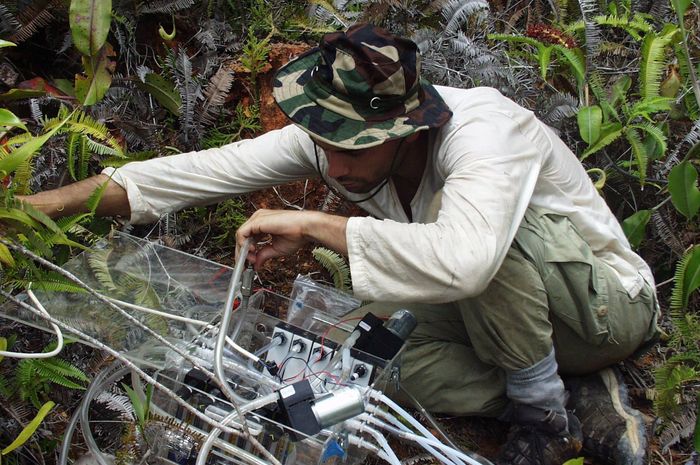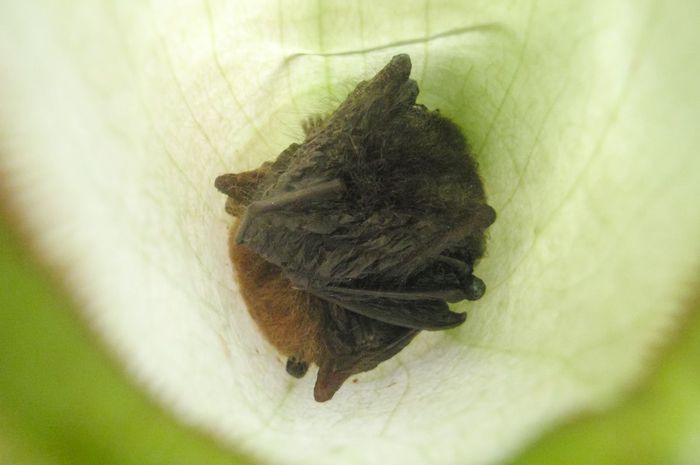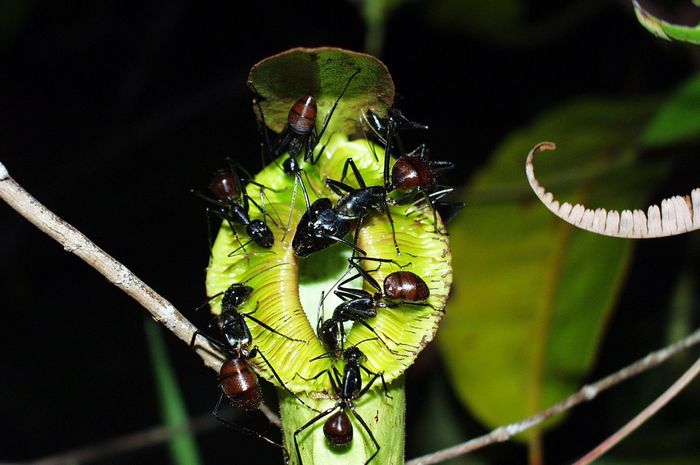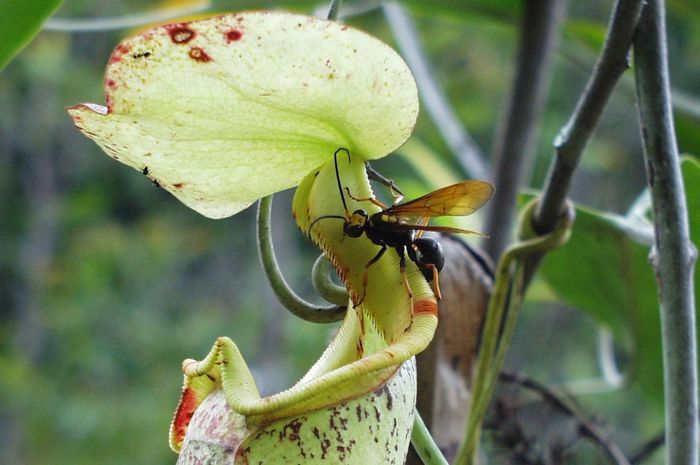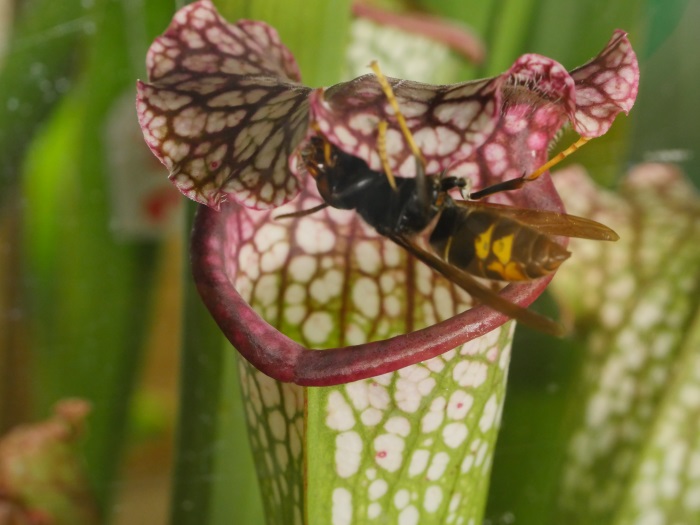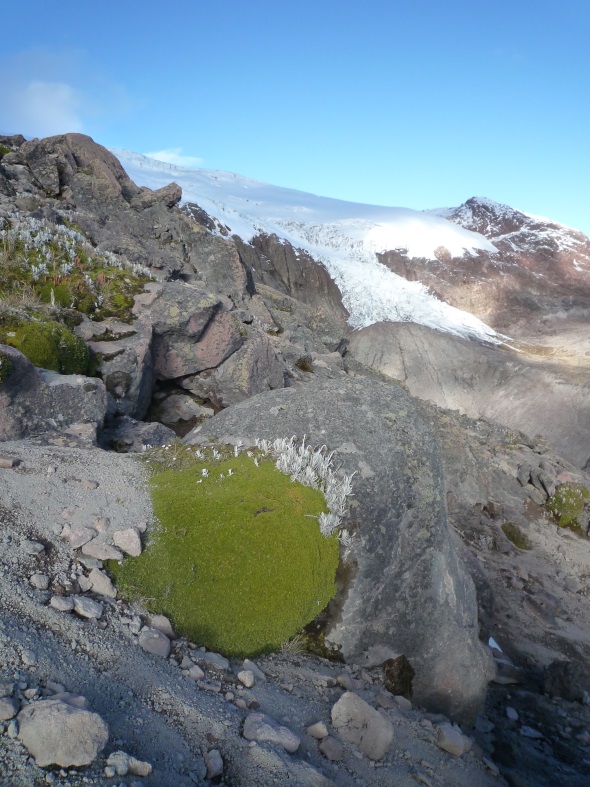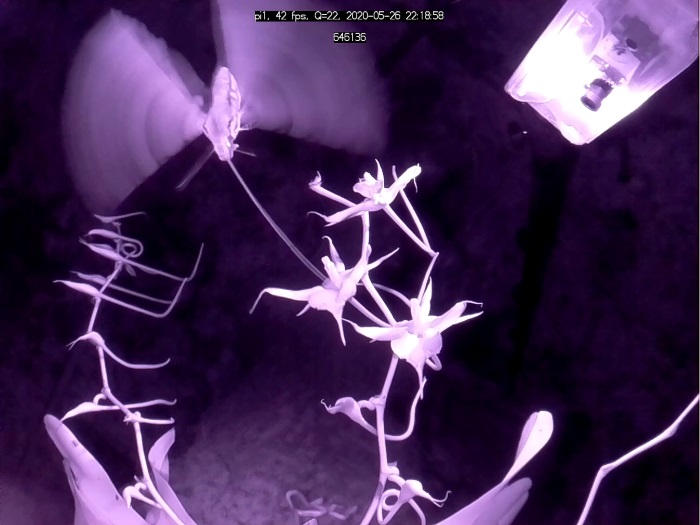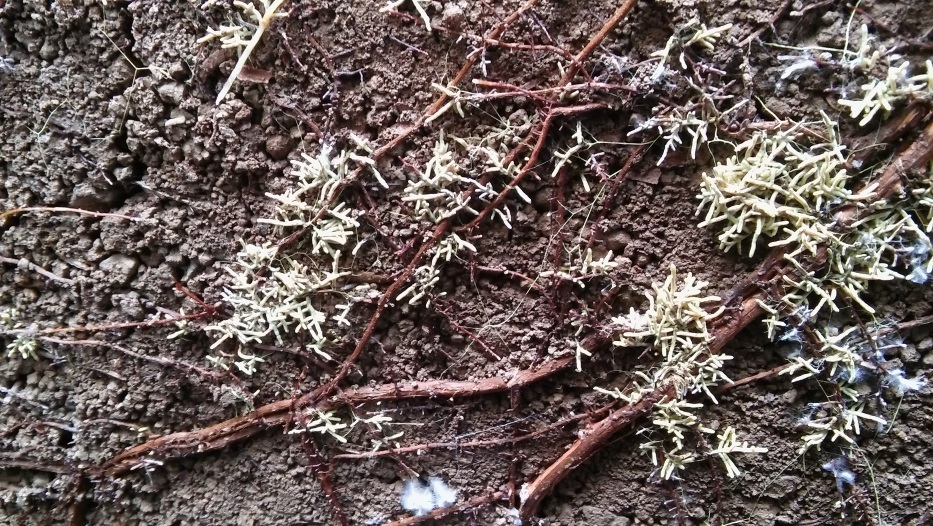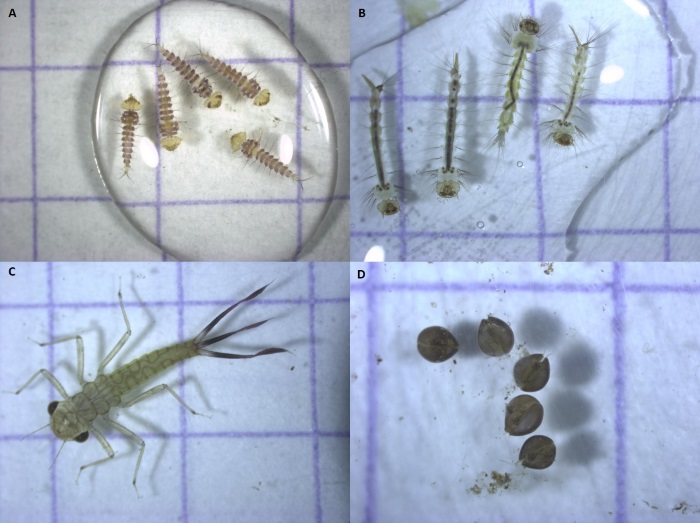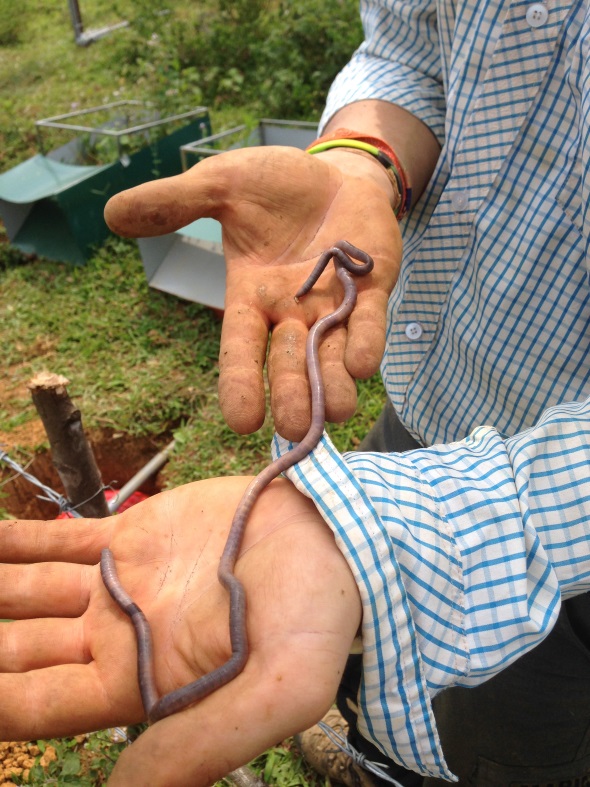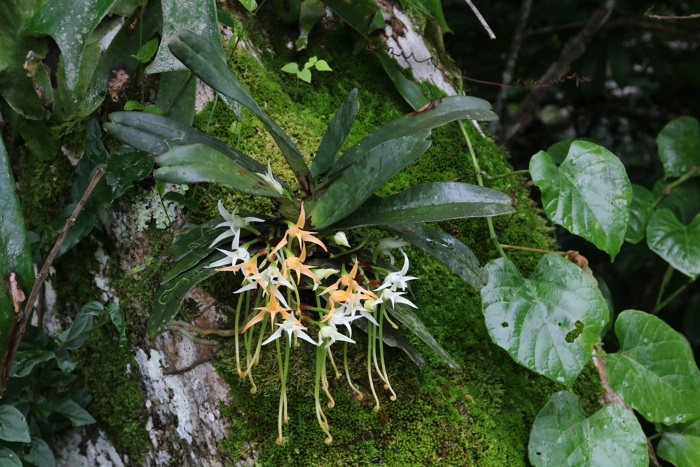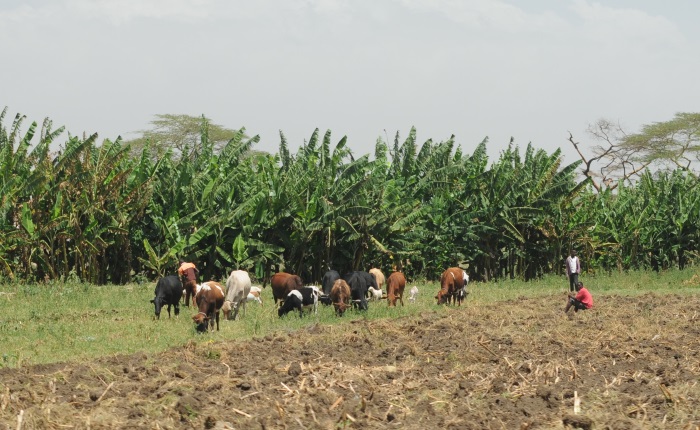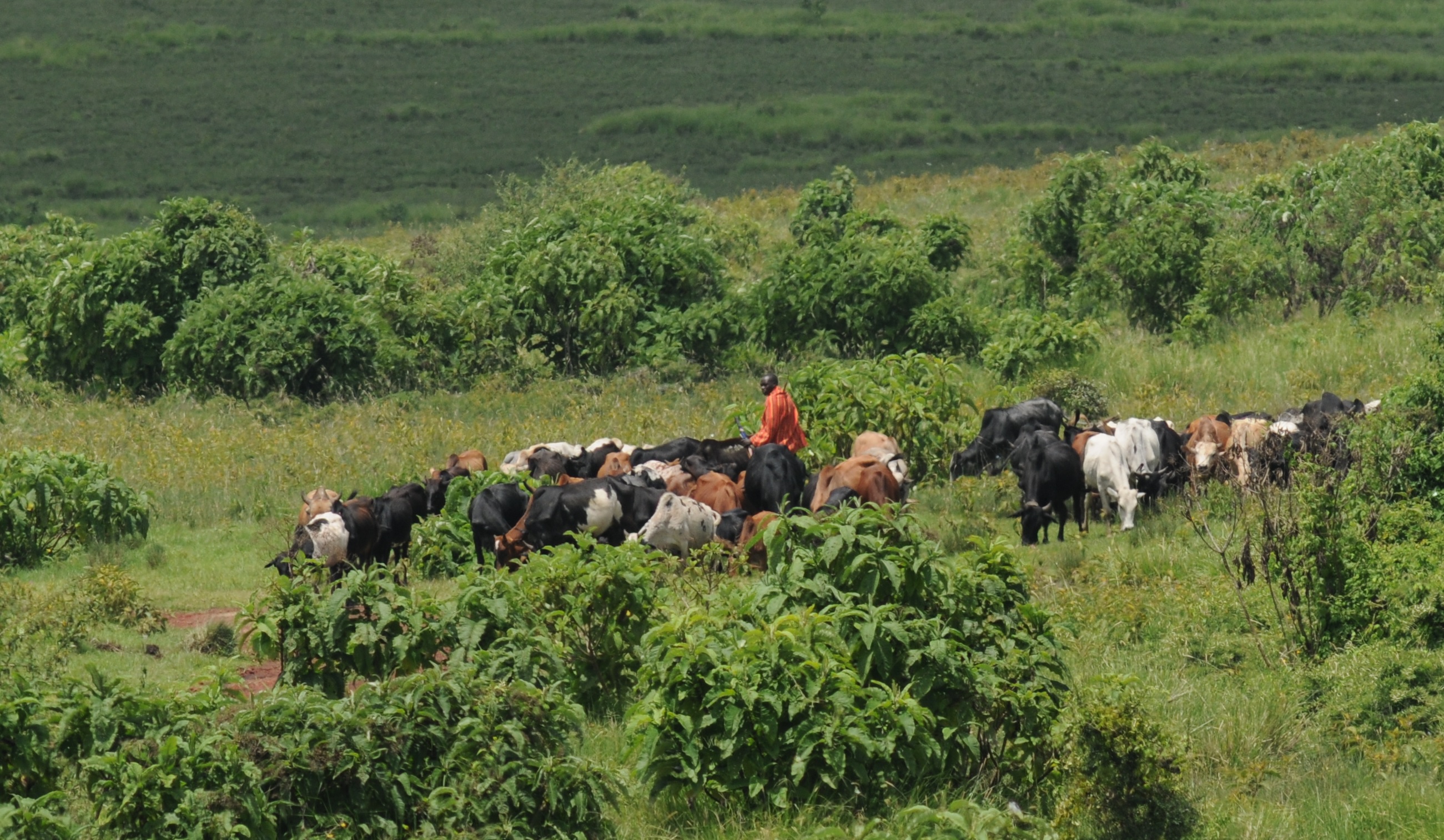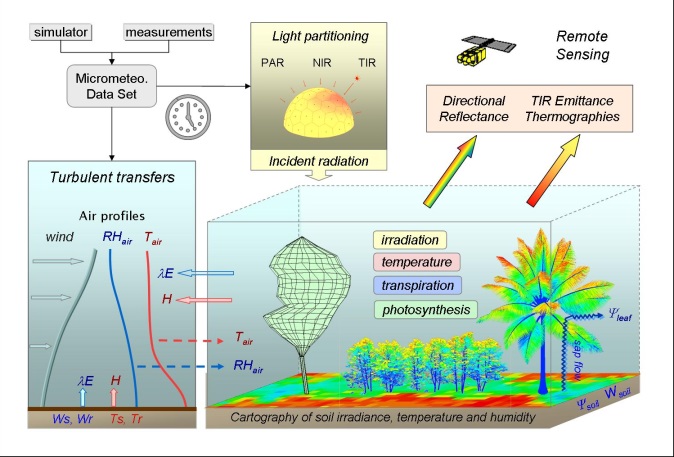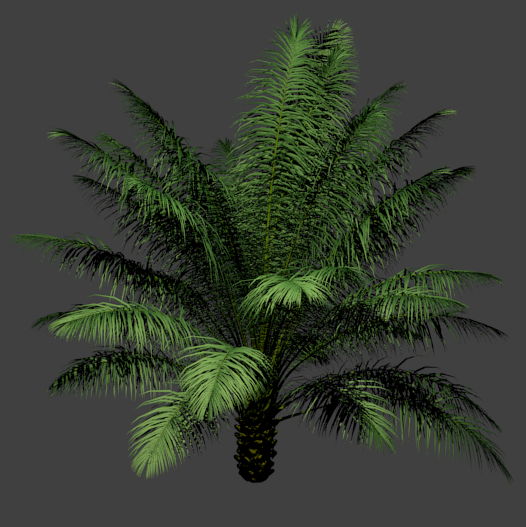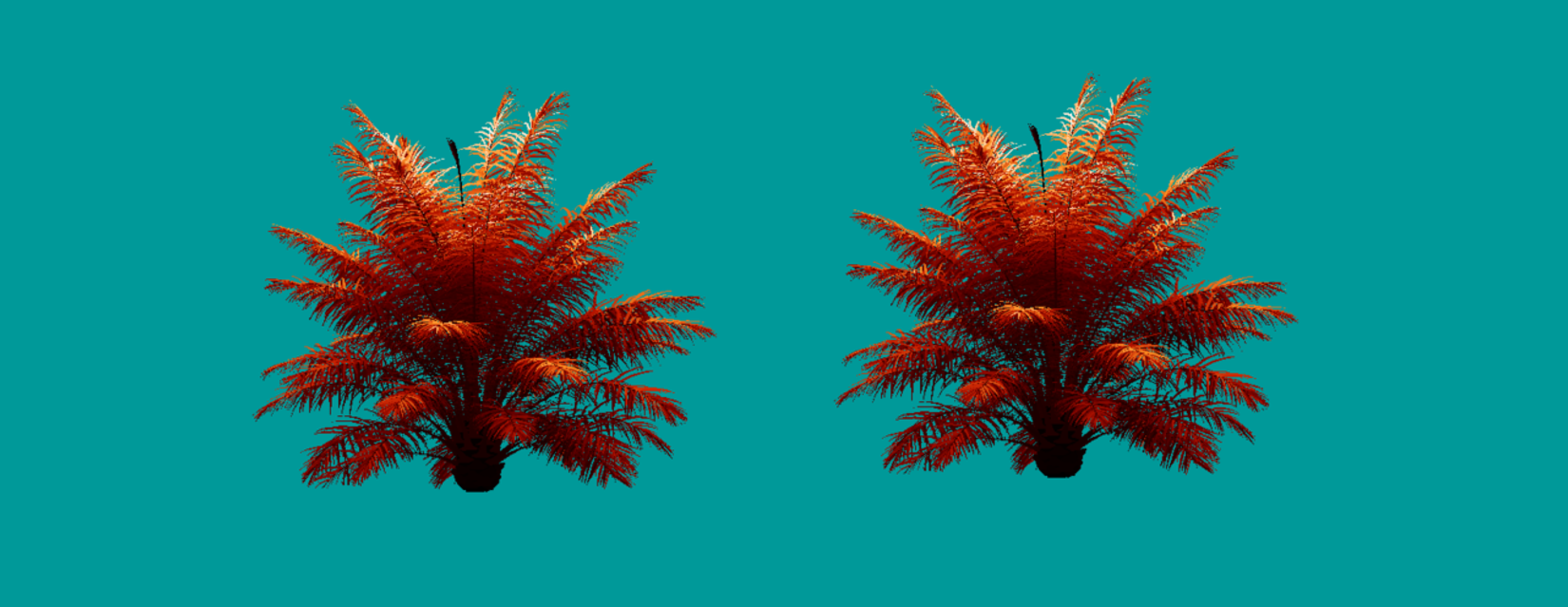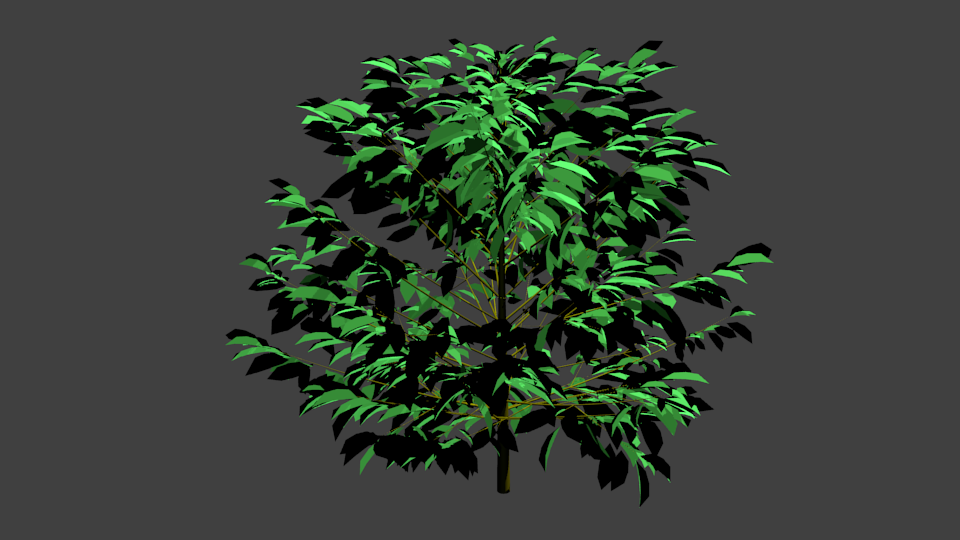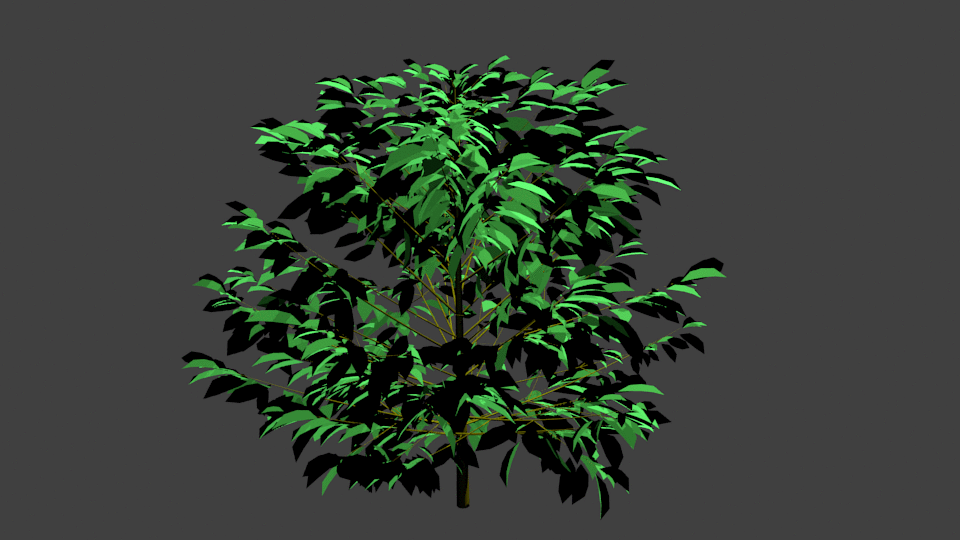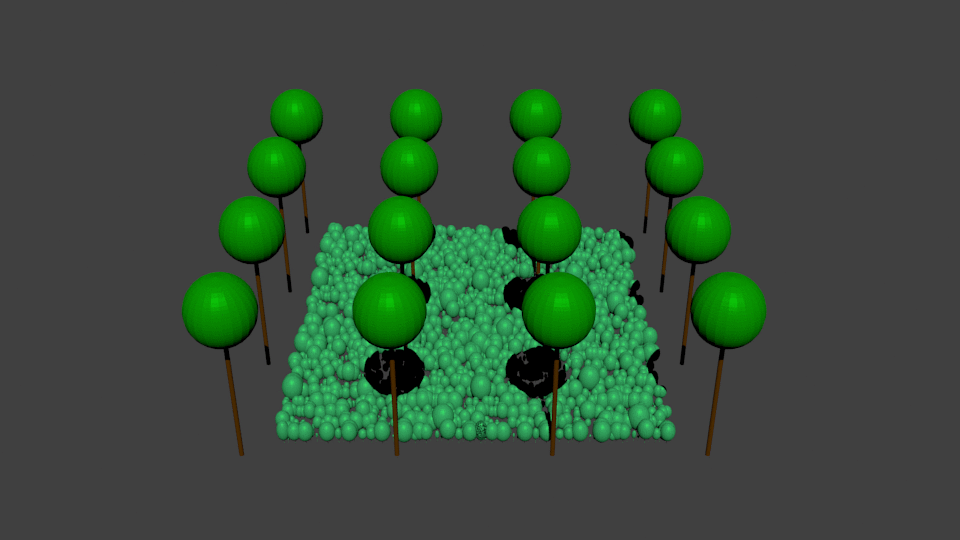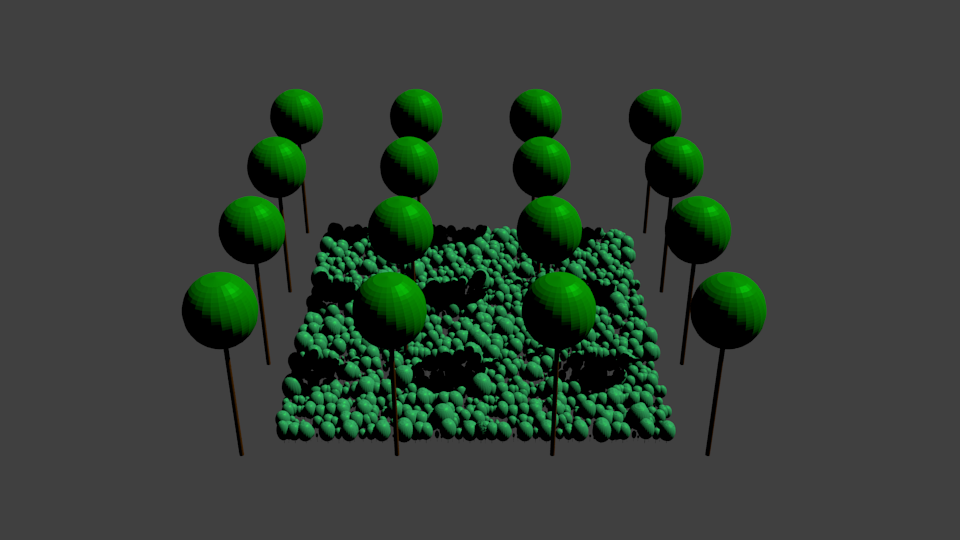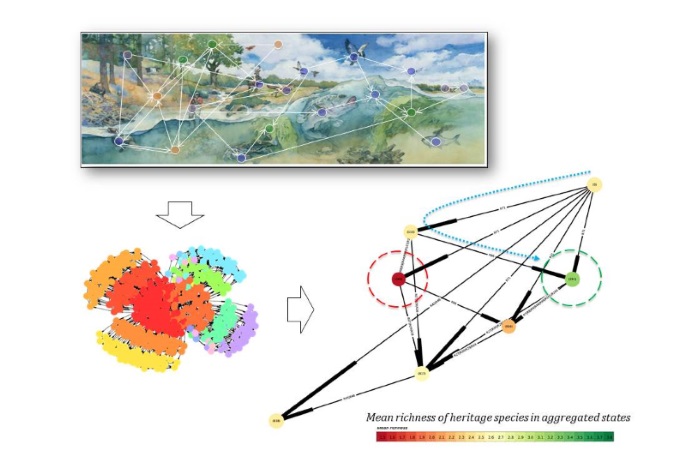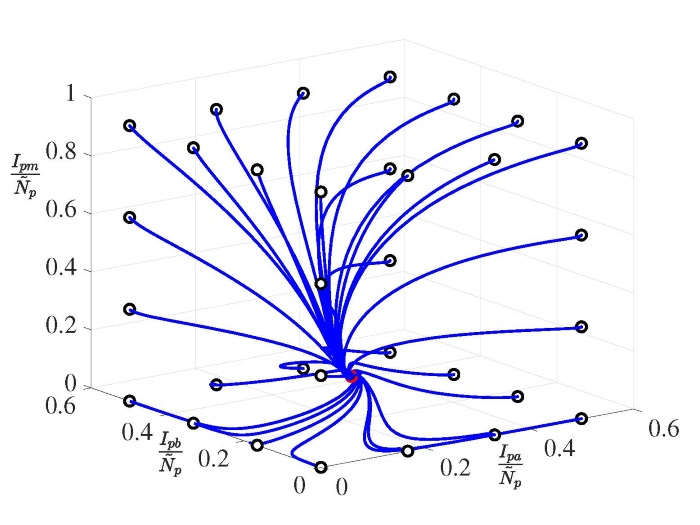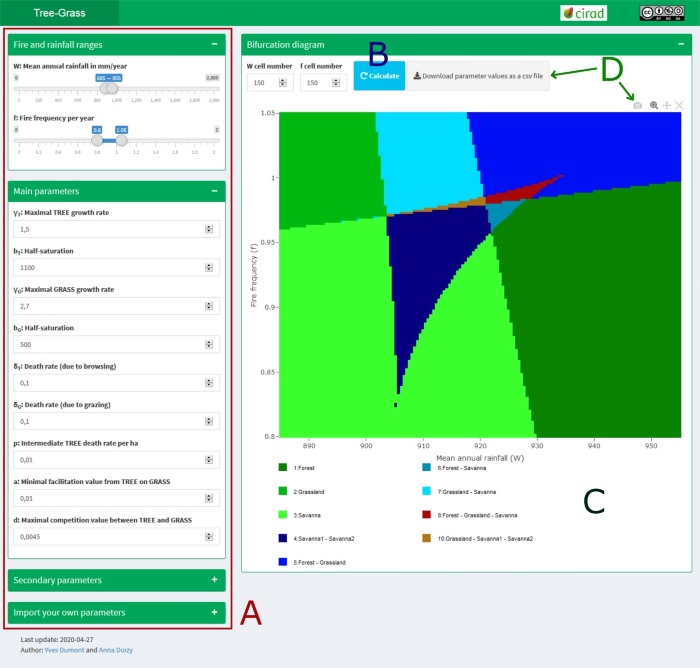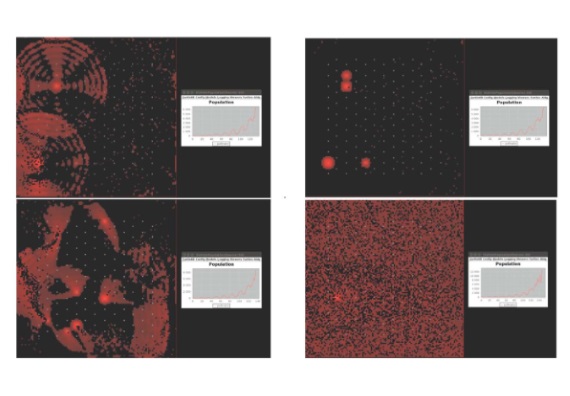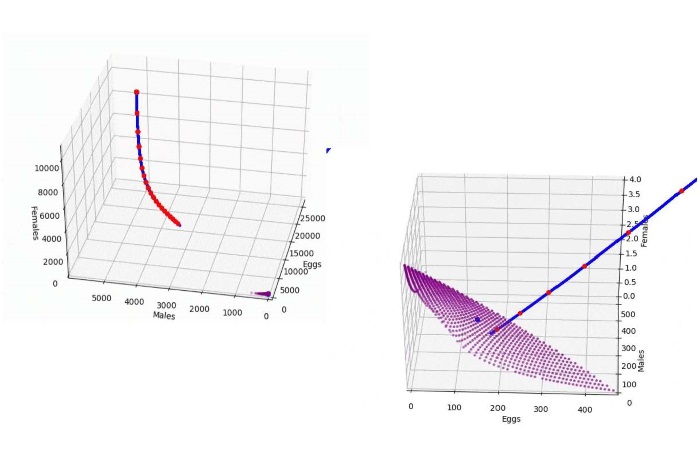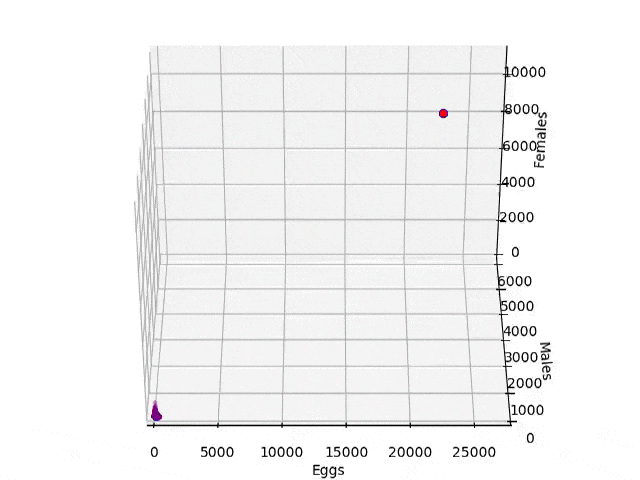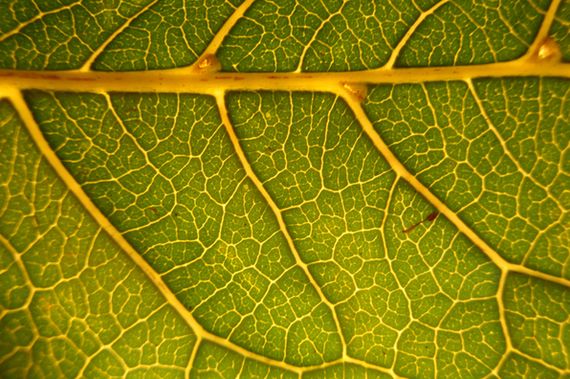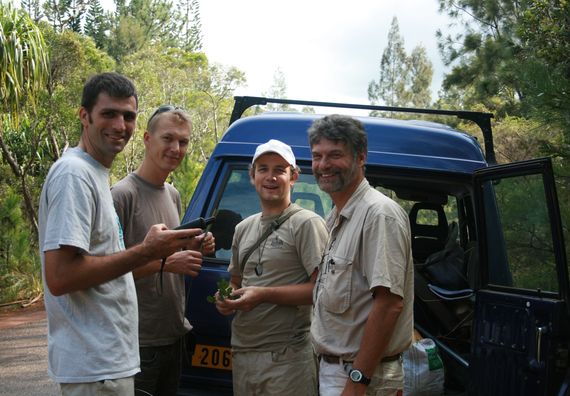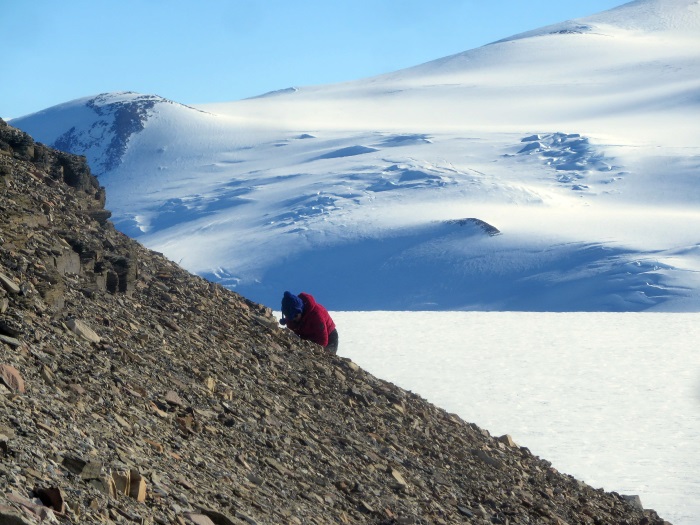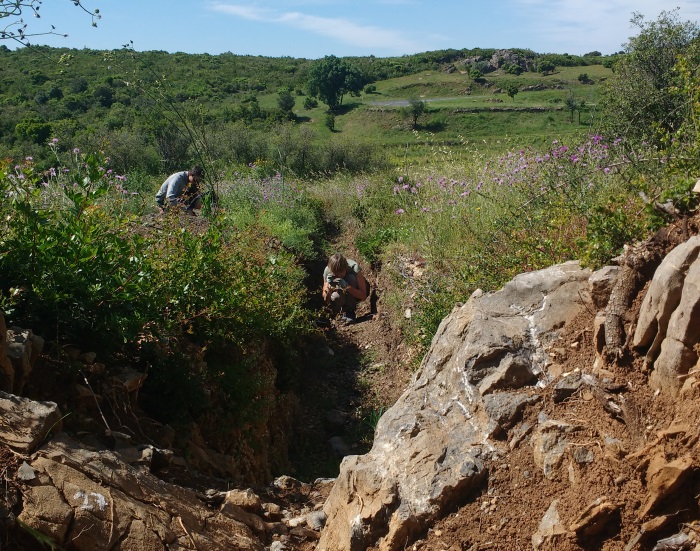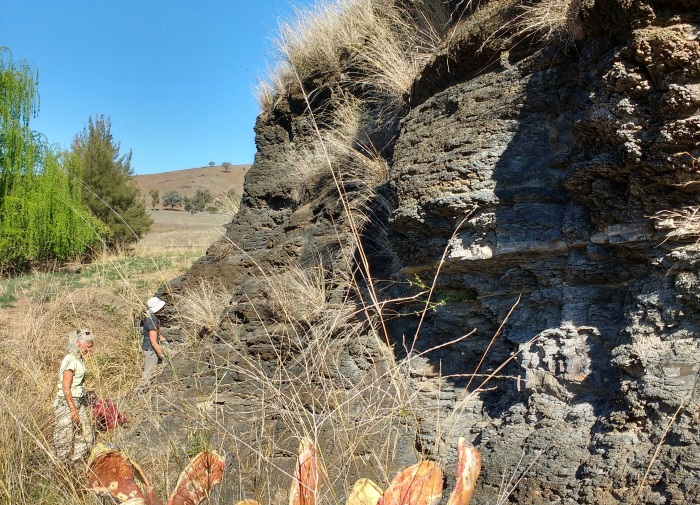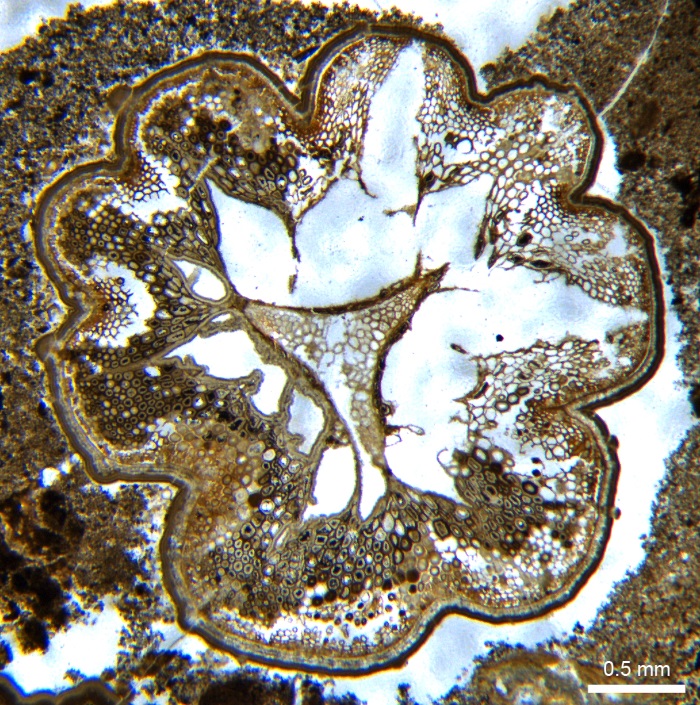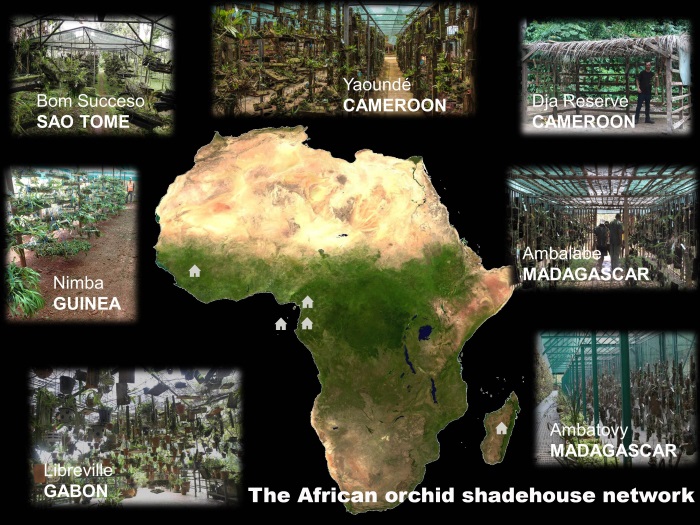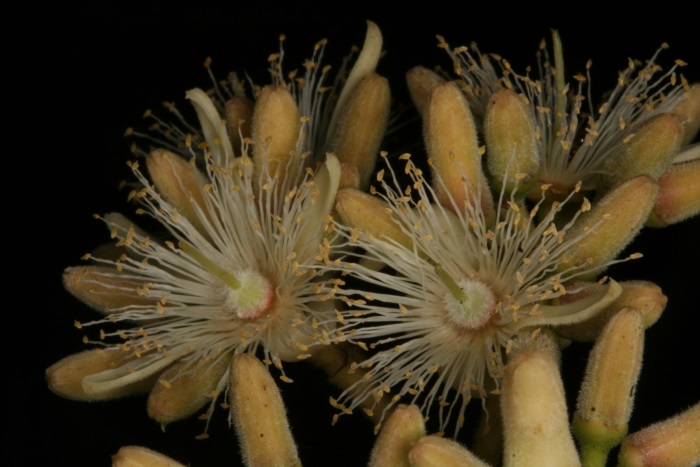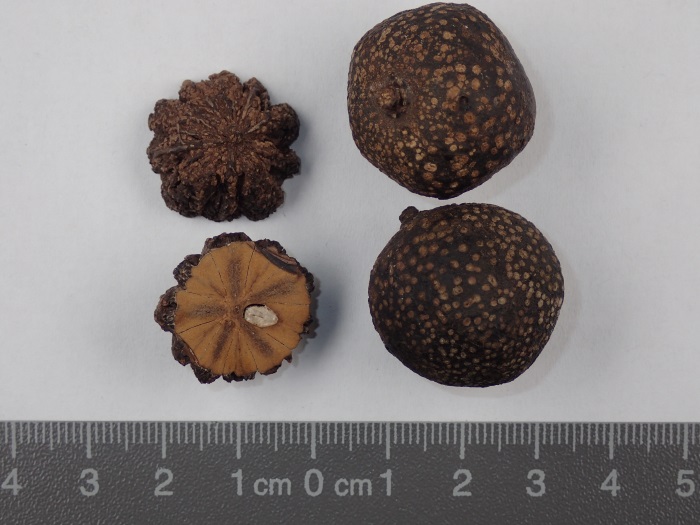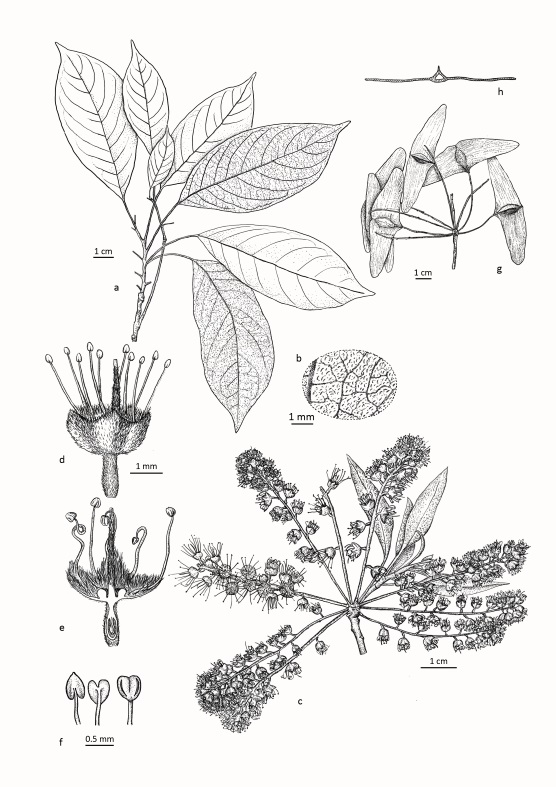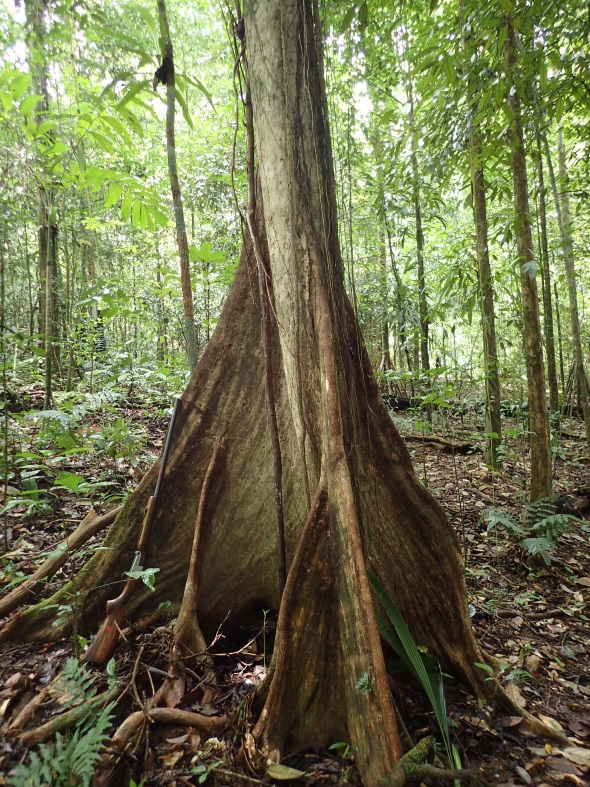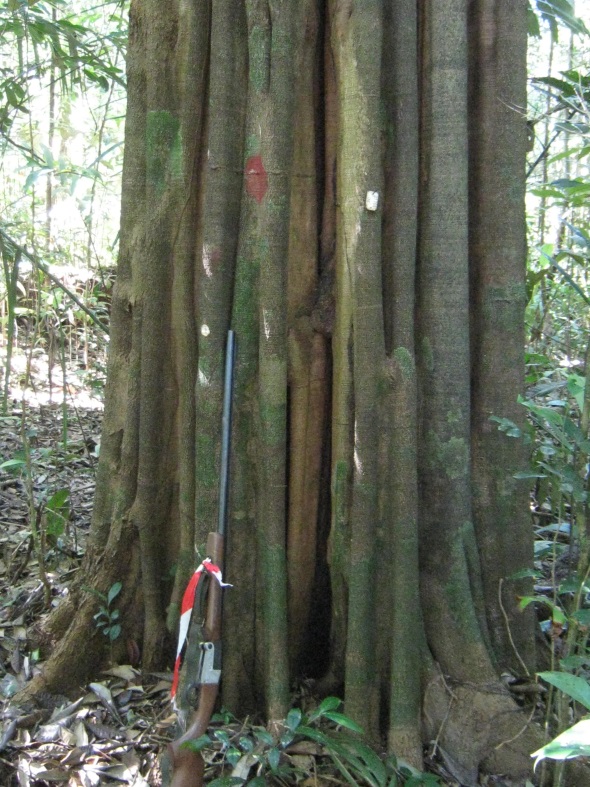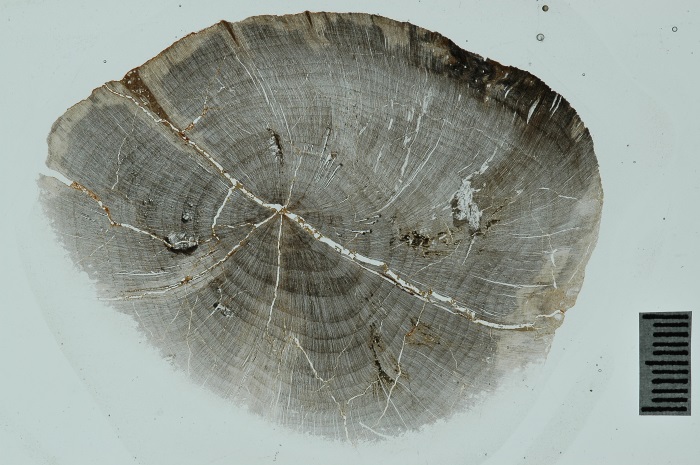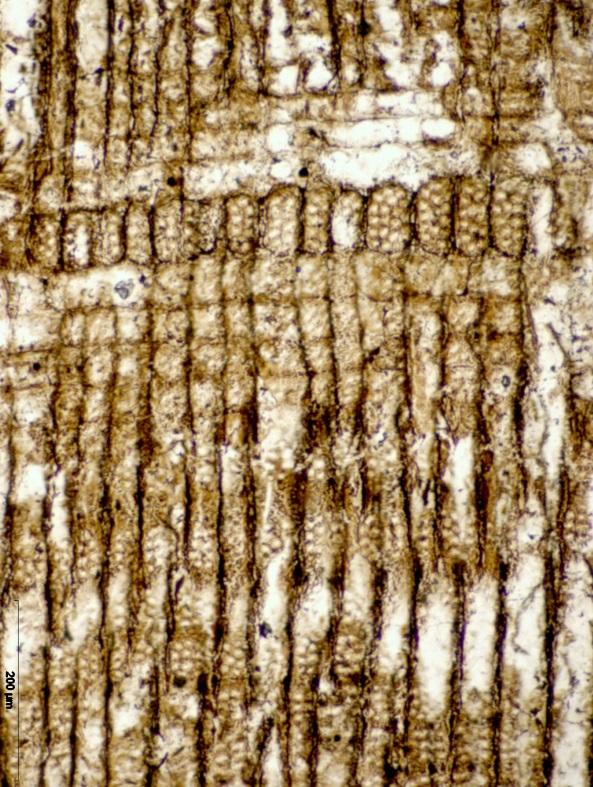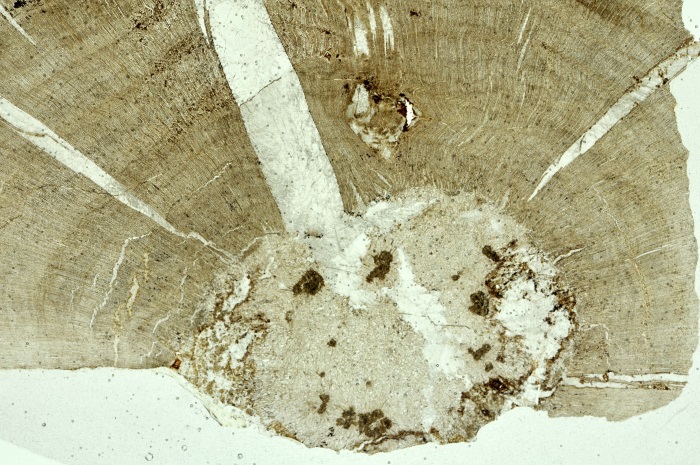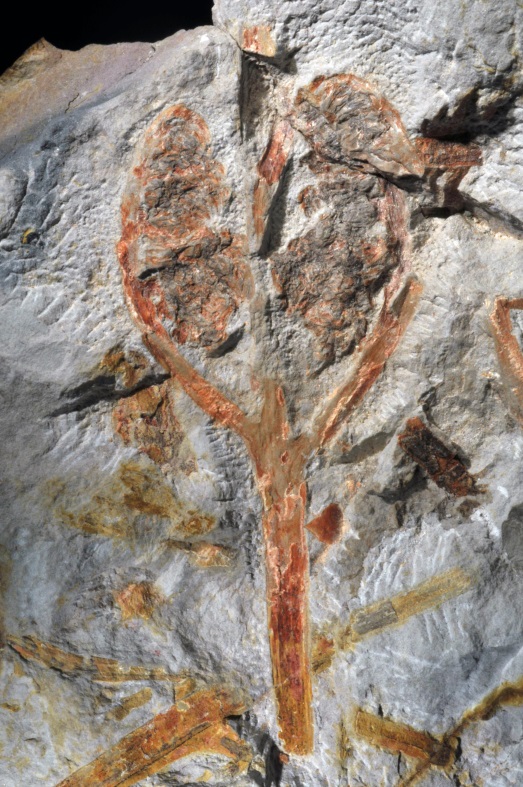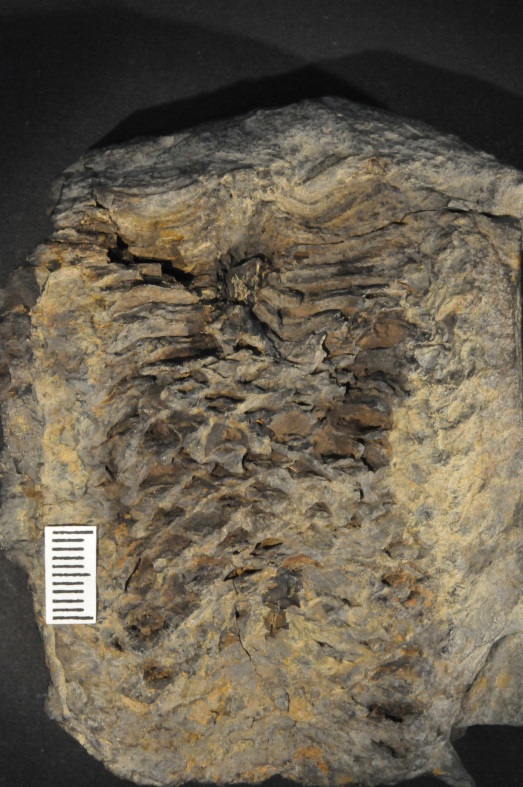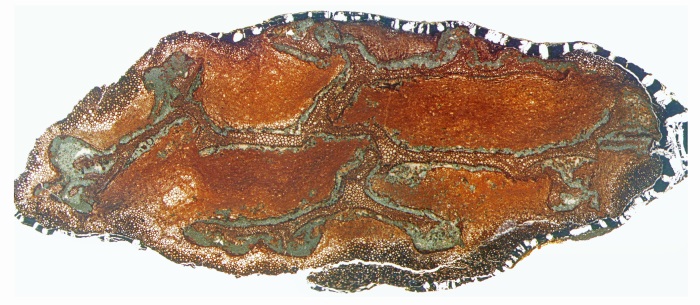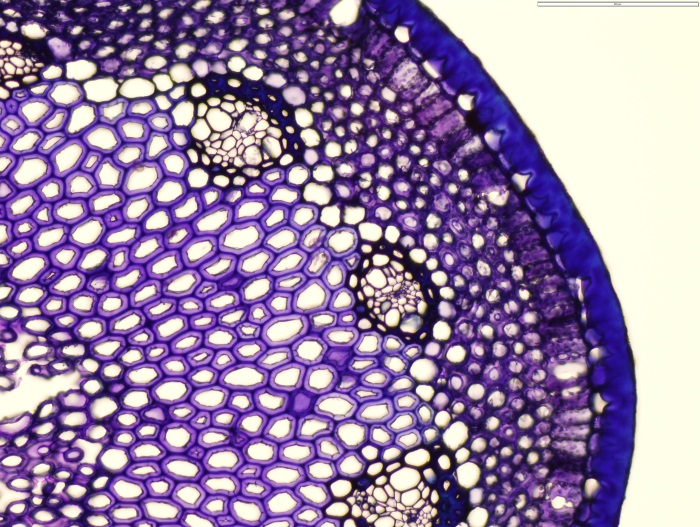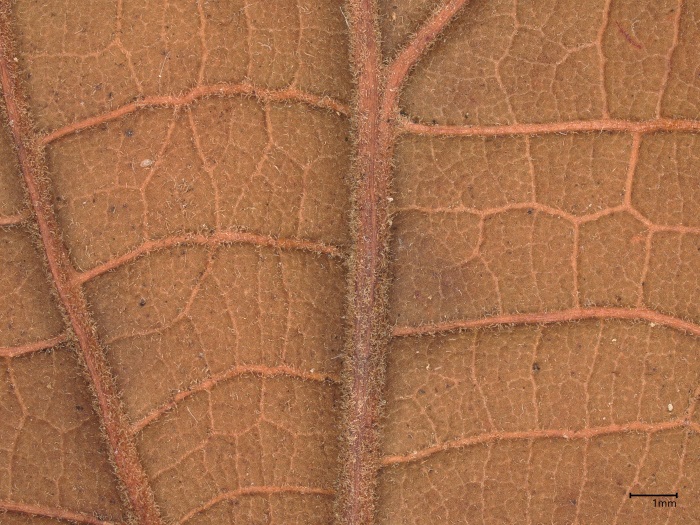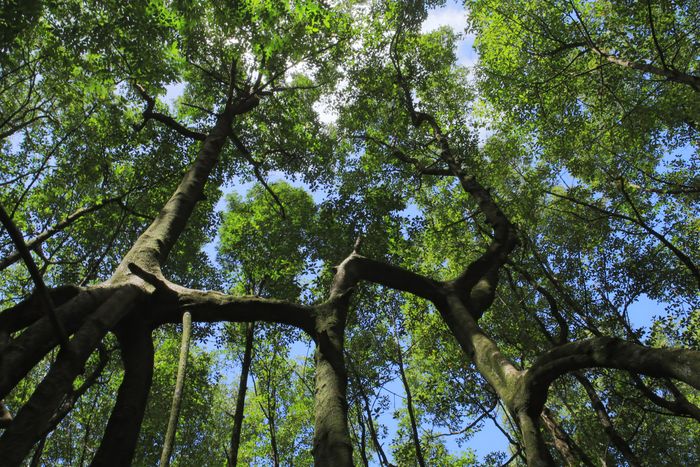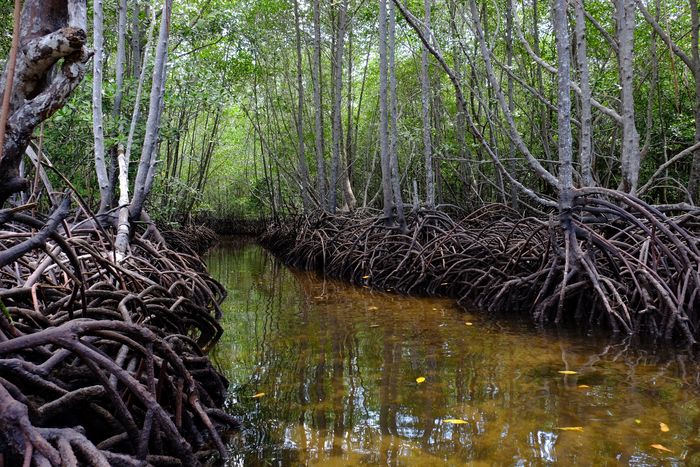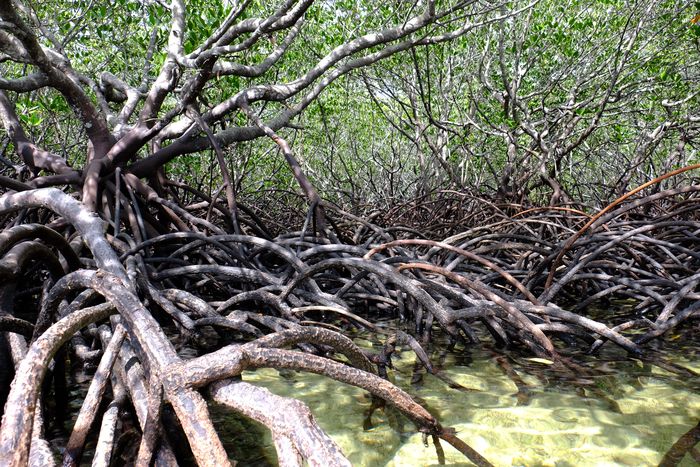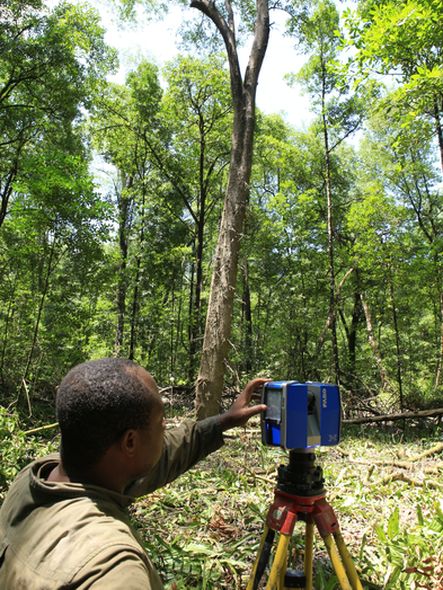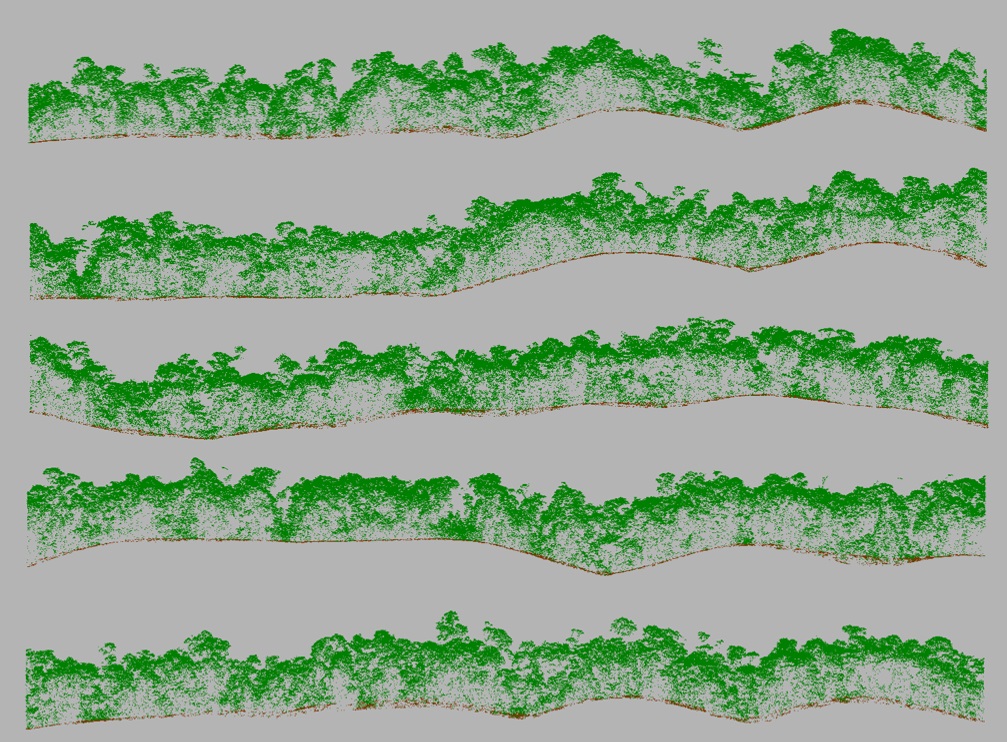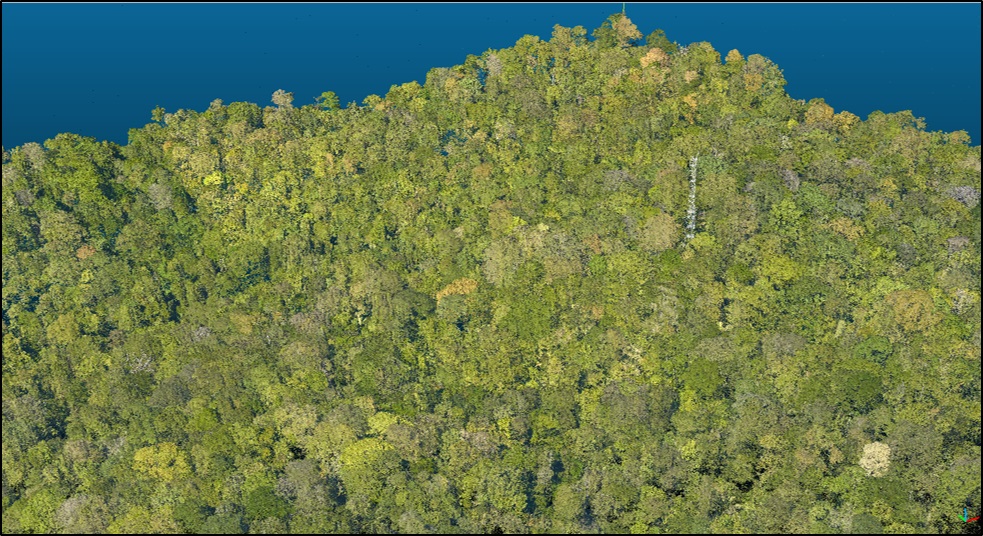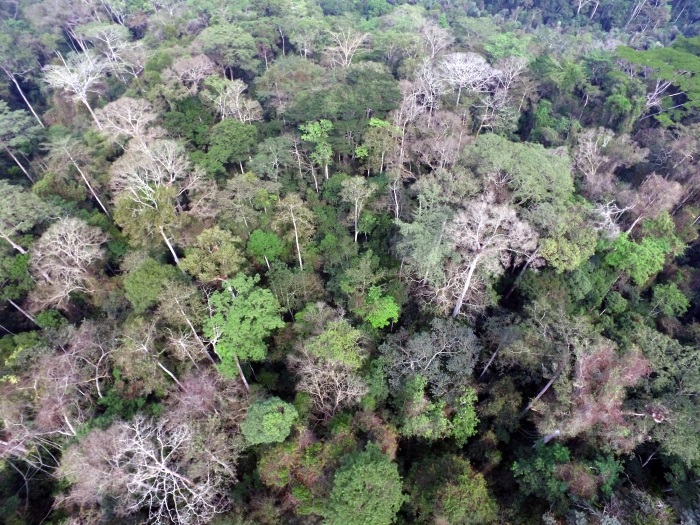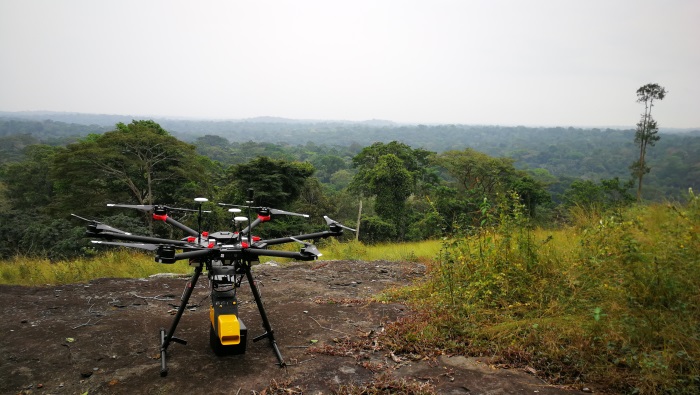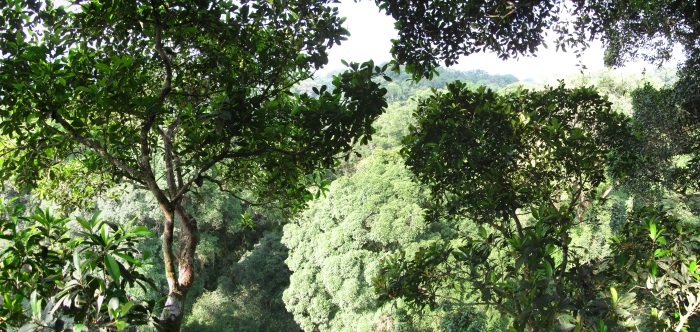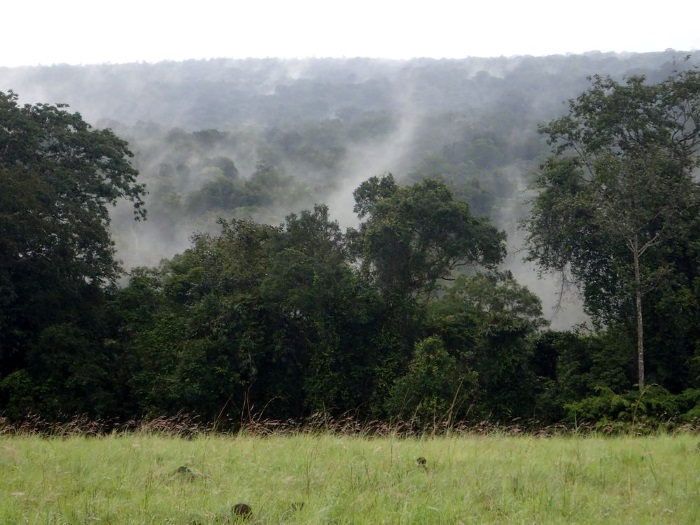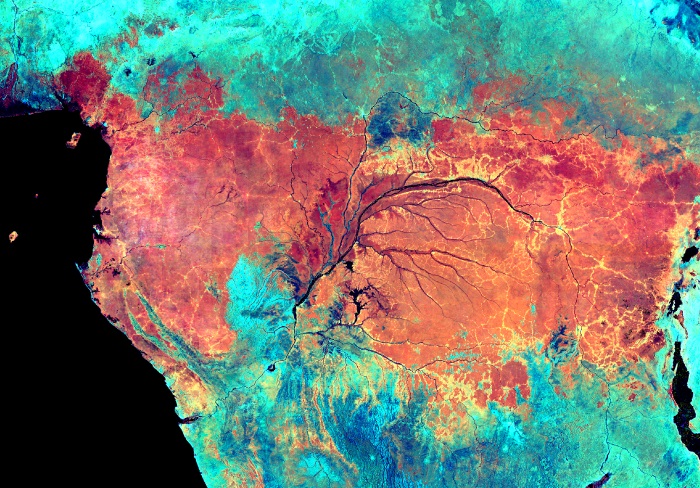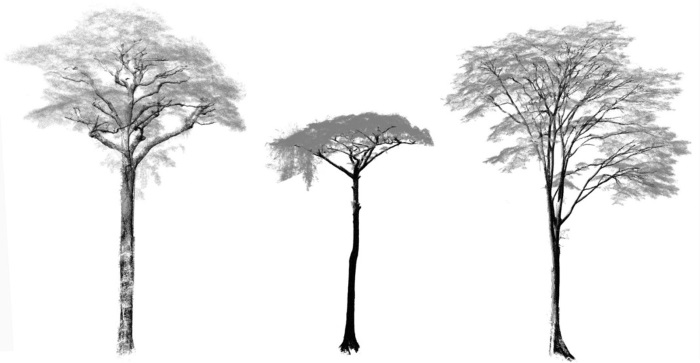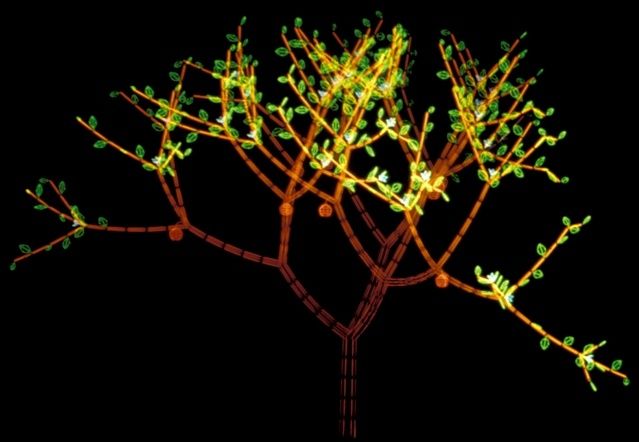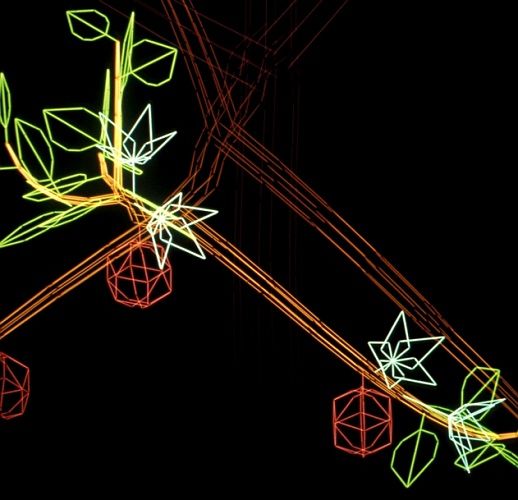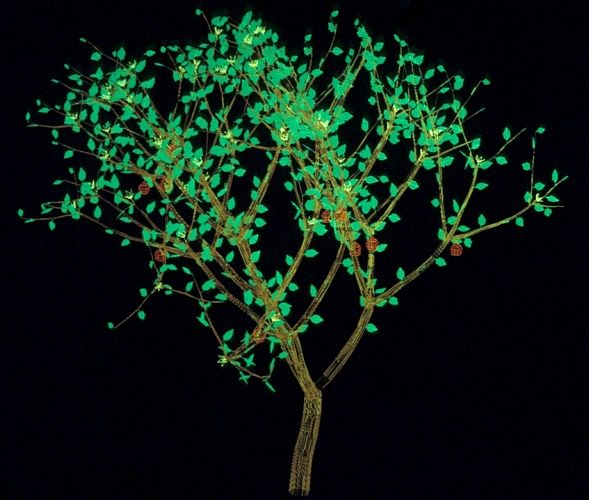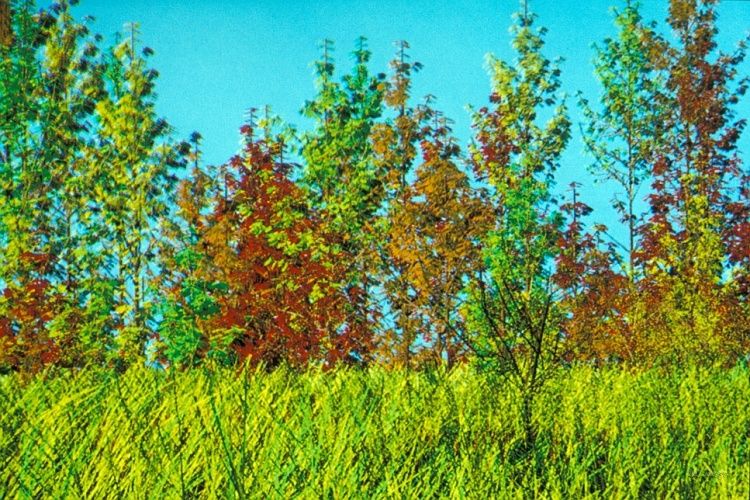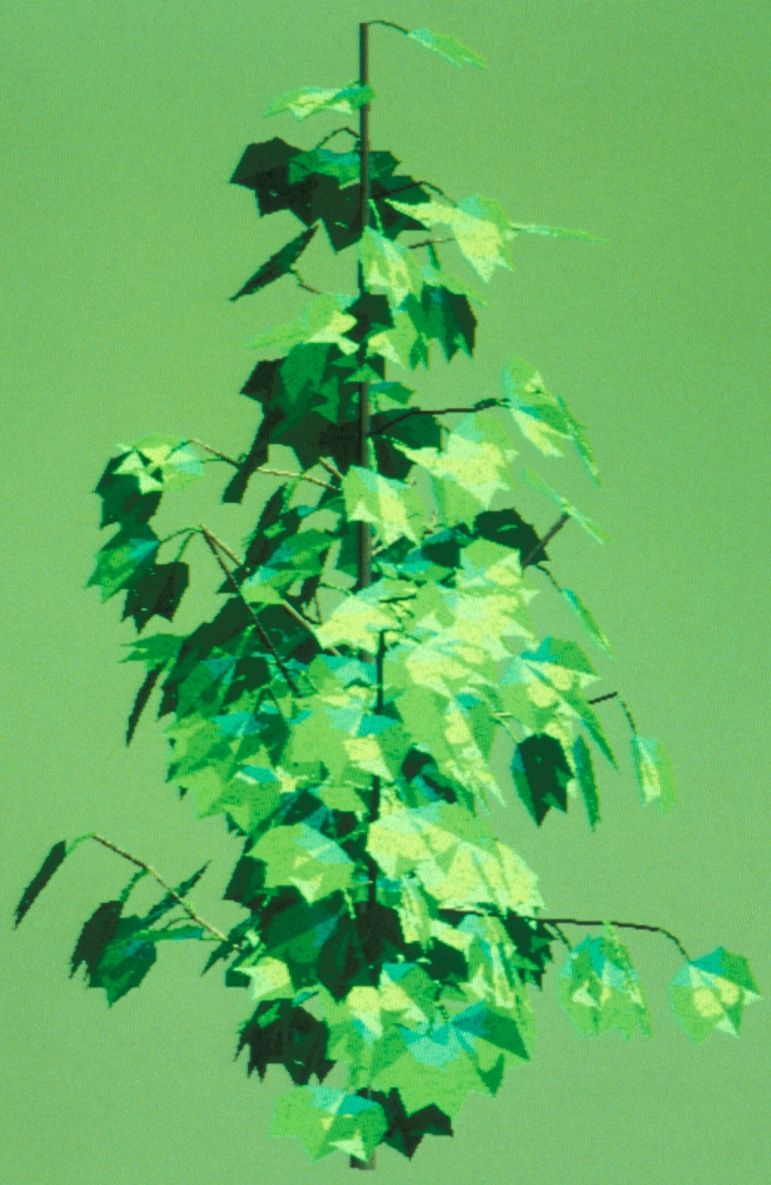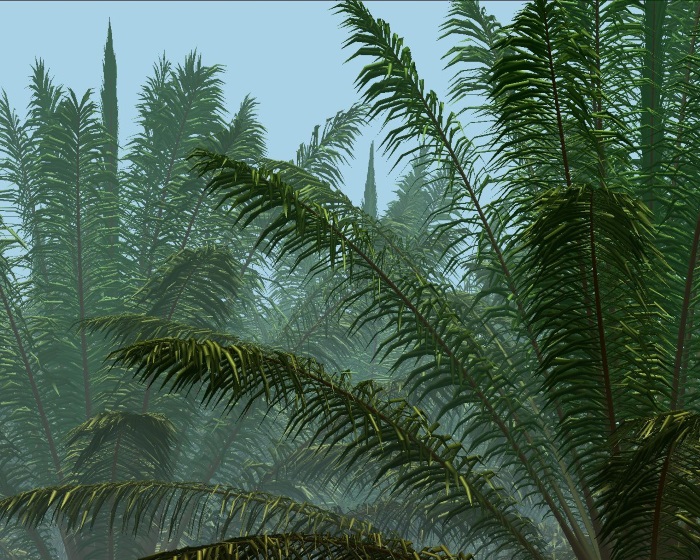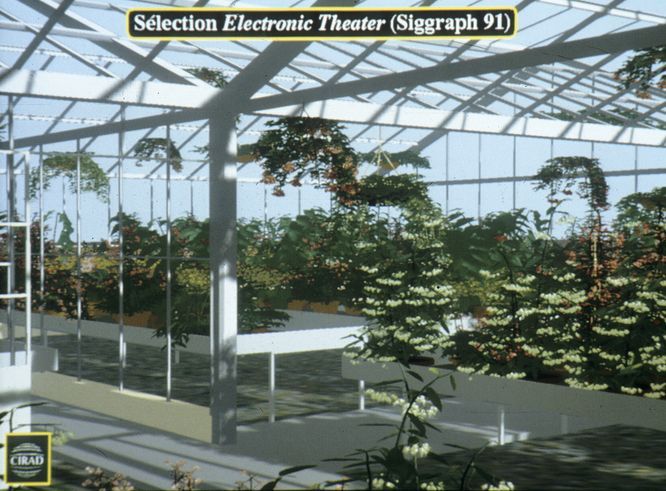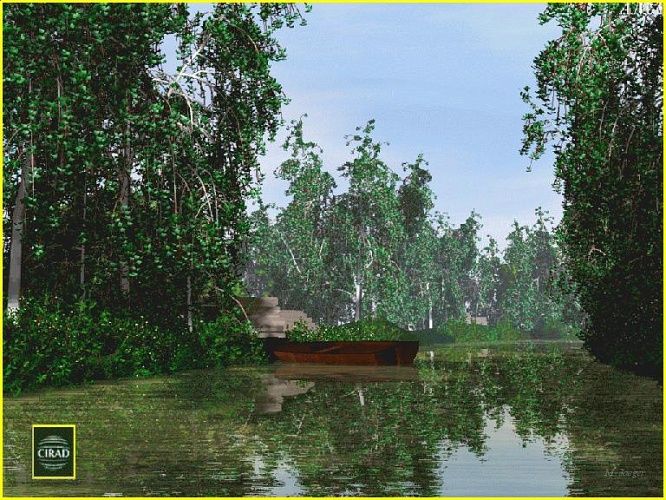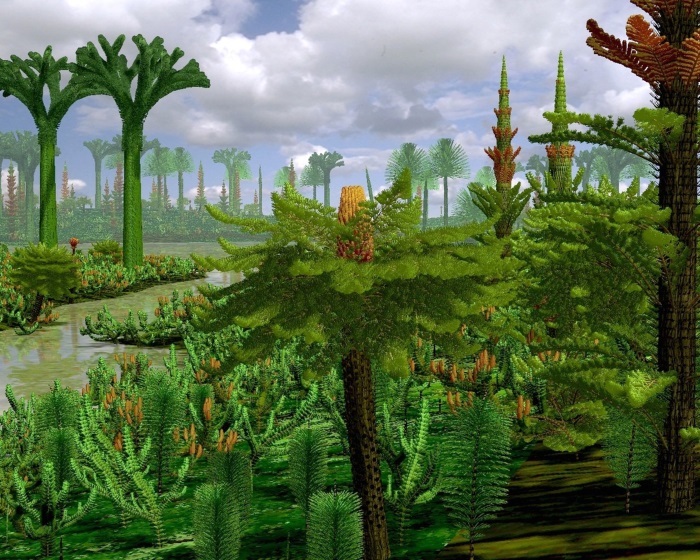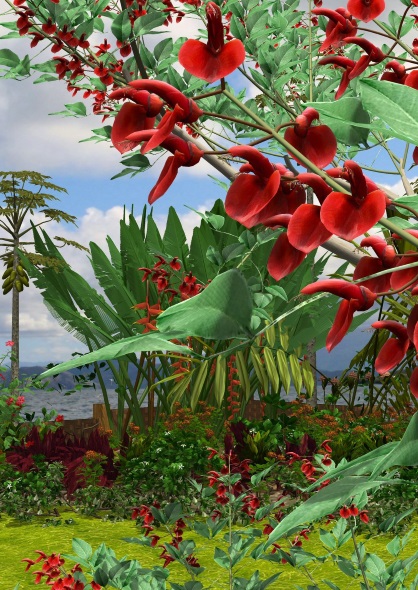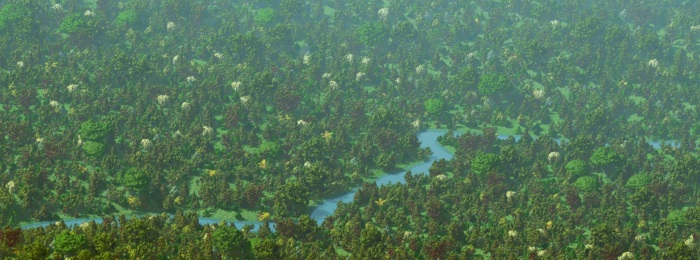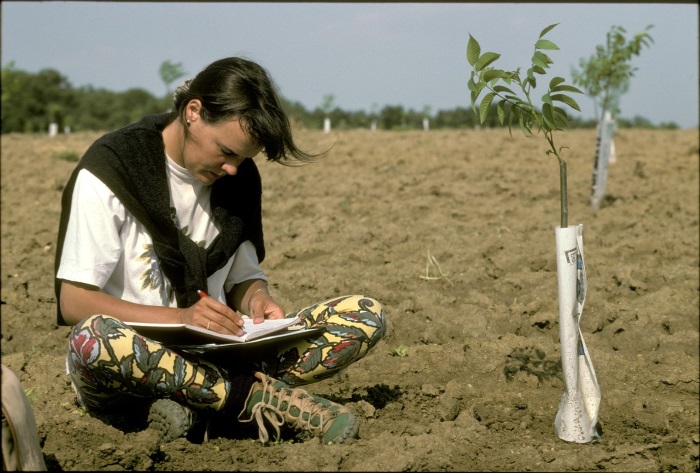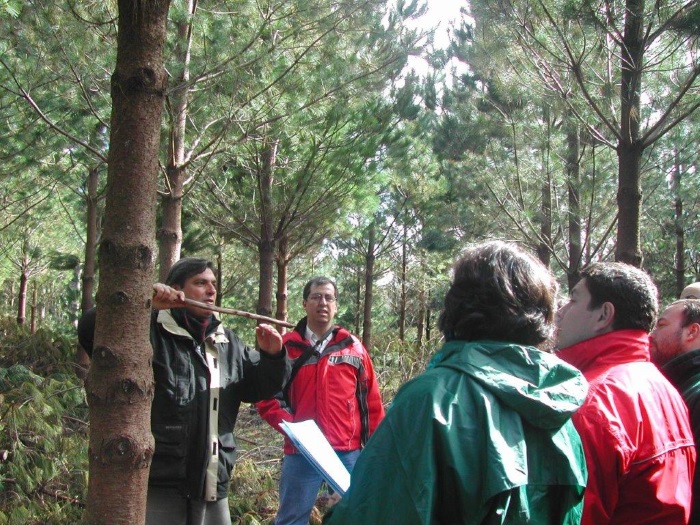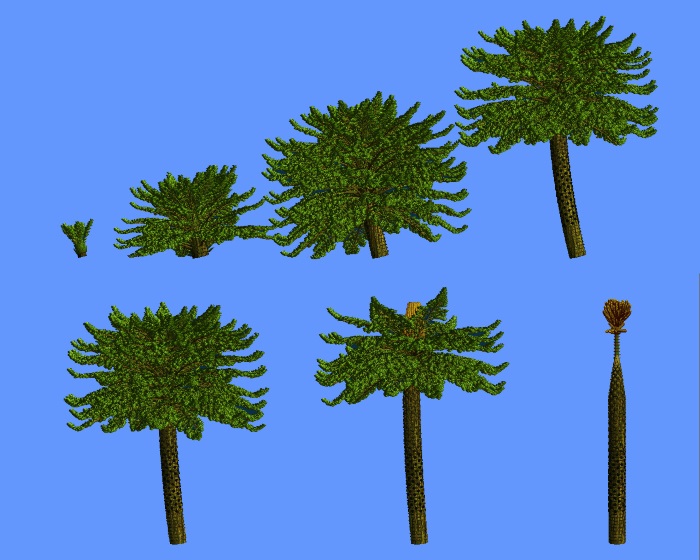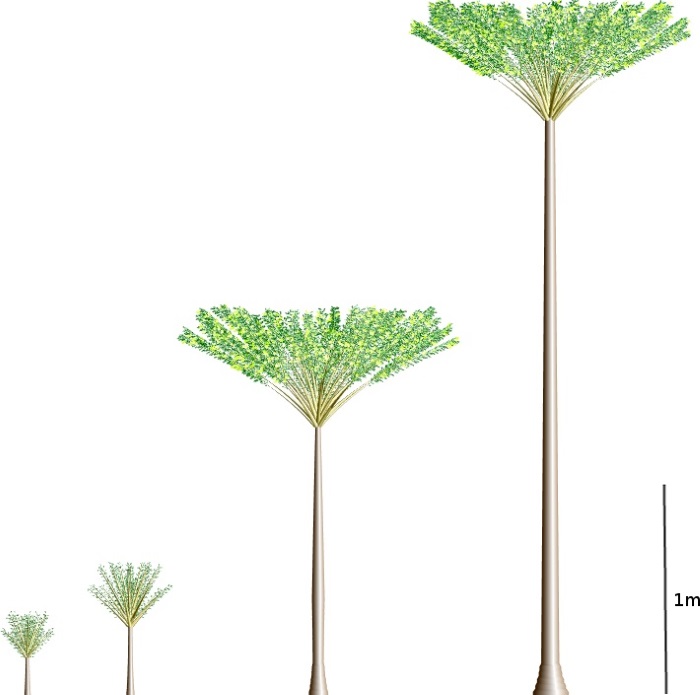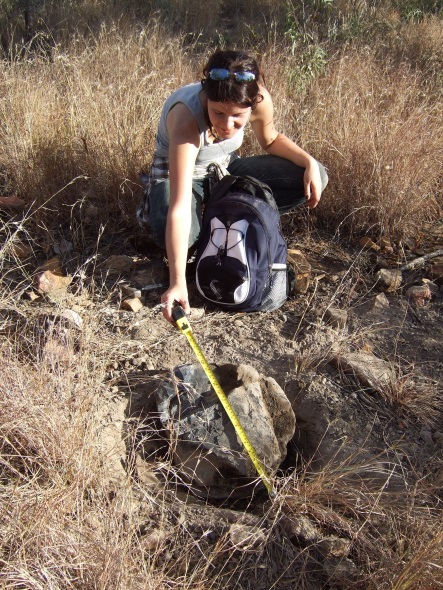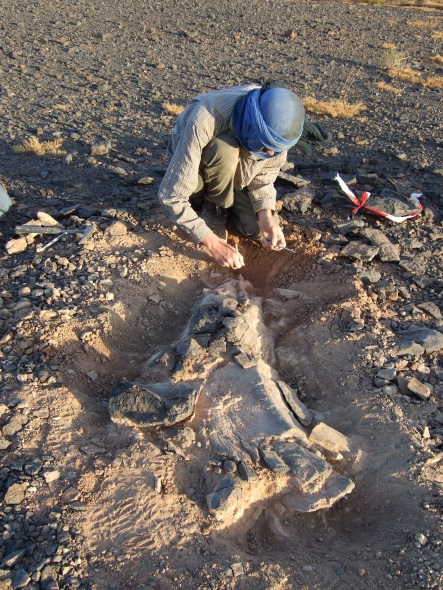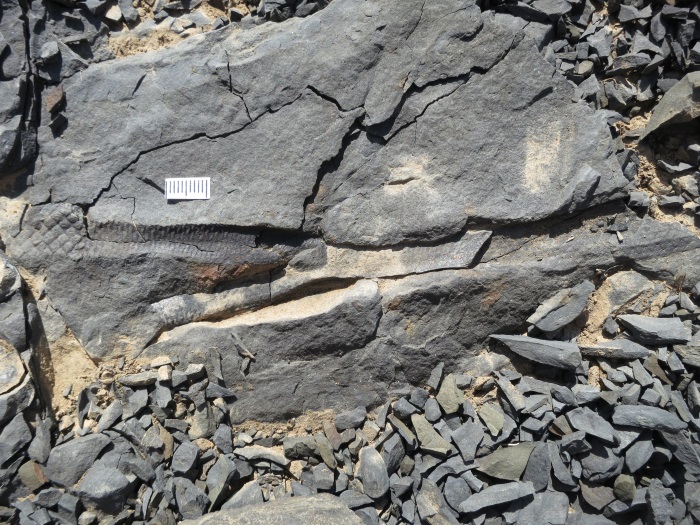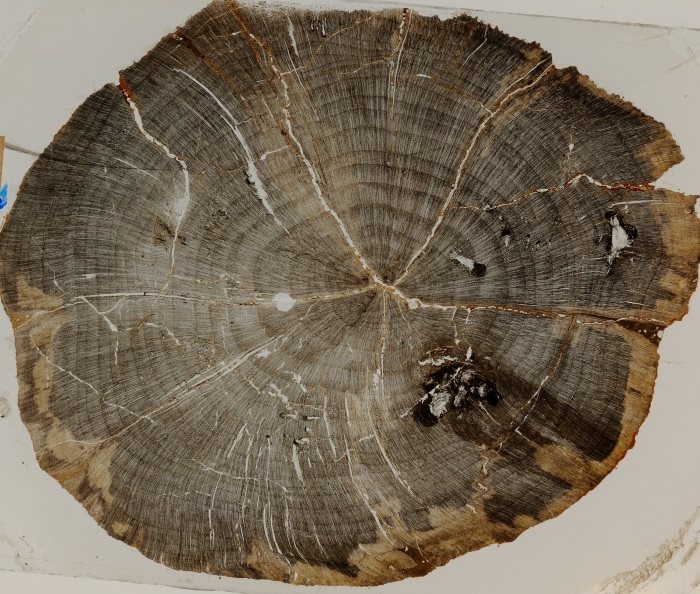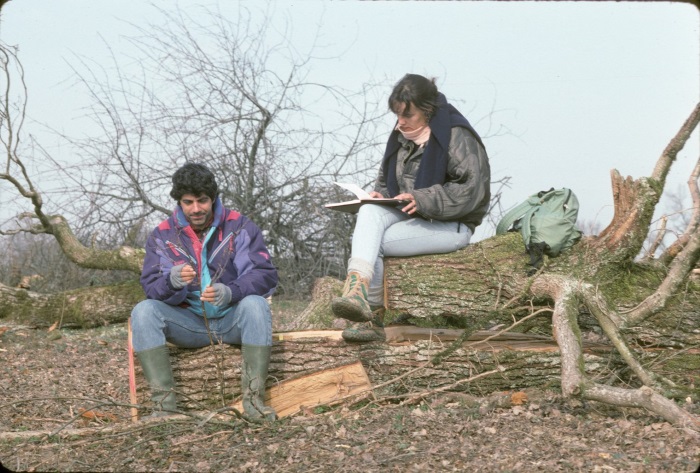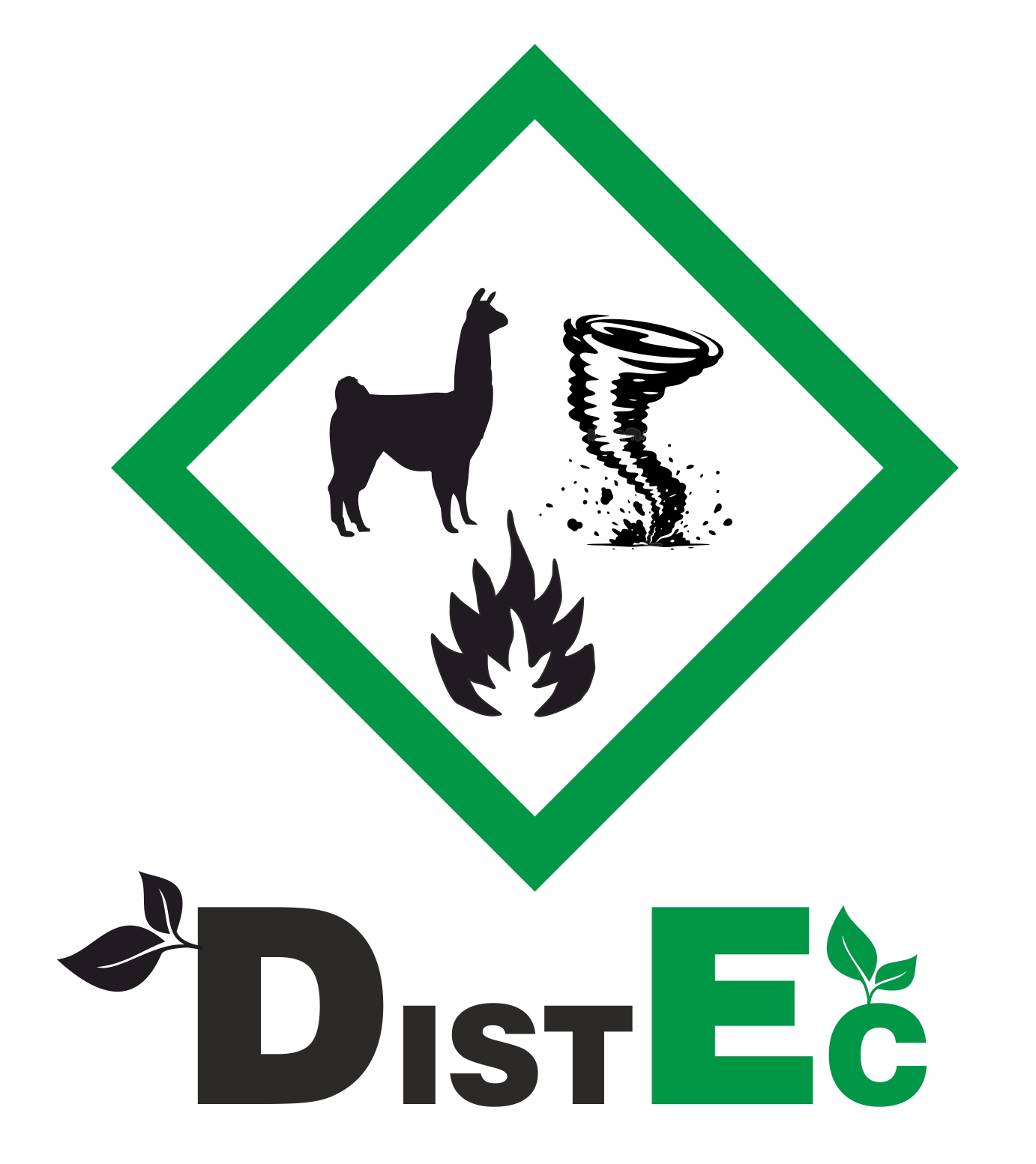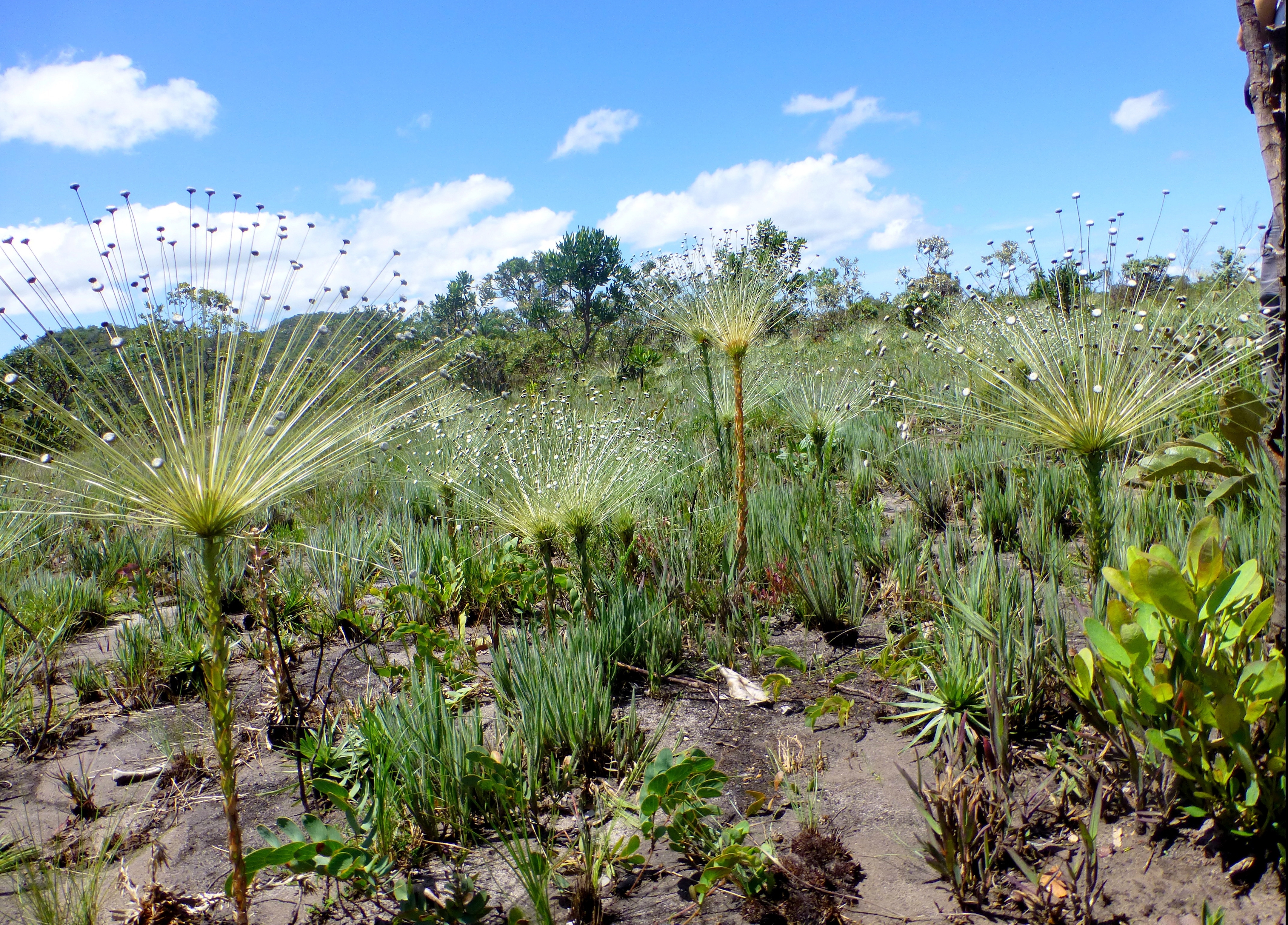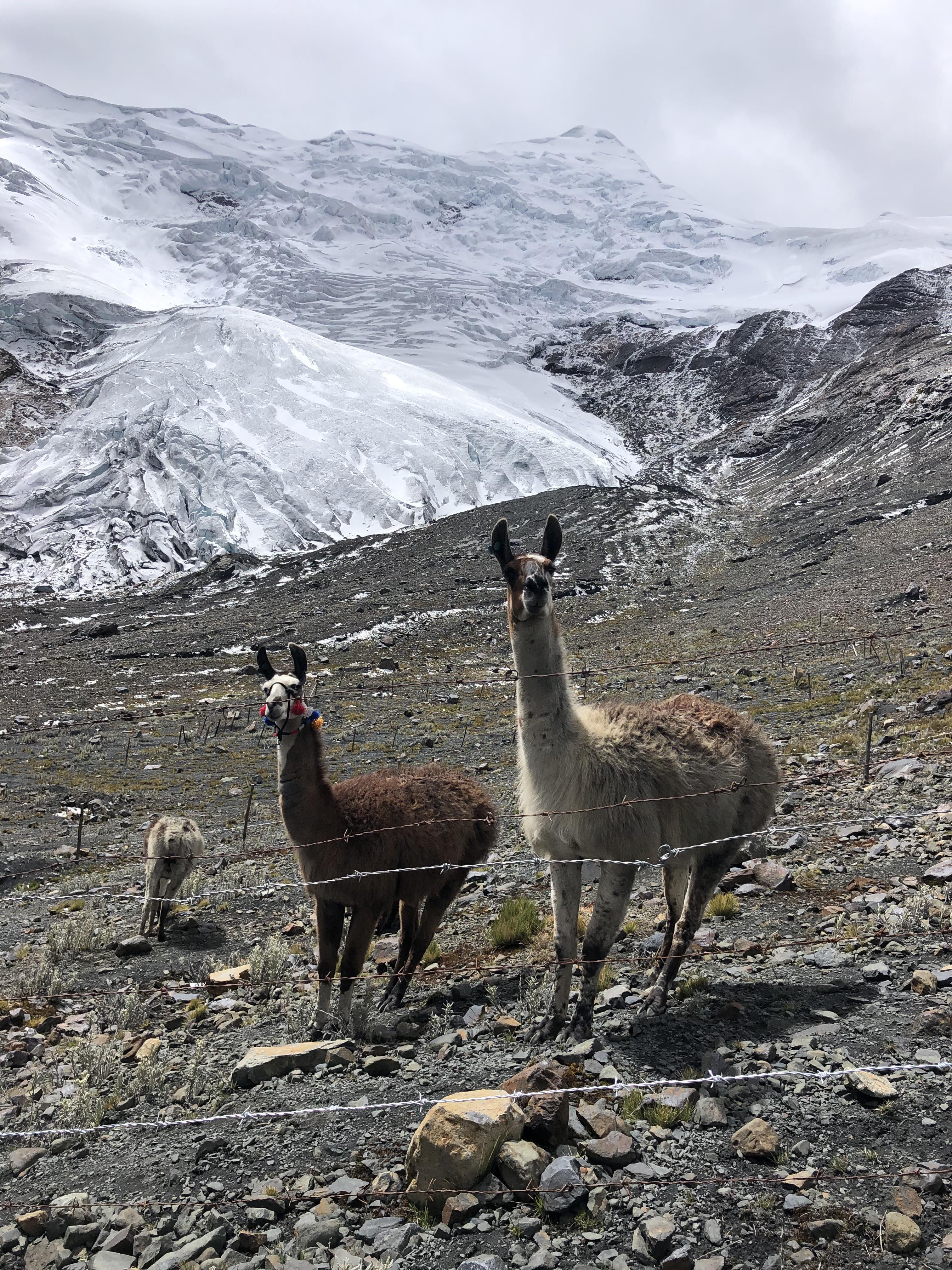MAGNET - Modeling and analysis for tropical agronomy and ecosystems
Keywords
Develop and promote the use of theoretical and numerical approaches, while proposing / developing dedicated analysis tools. Emphasis is placed on dialogue between thematic issues, explorations of new modelling formalisms, and between calibration and data acquisition.
With the development of new technologies to retrieve and analyse data, the increase in the capacity of computers, a better understanding of our environment, one might think that modelling complex systems and, above all, simulating them, has become easier, more affordable, almost a formality. This may be true in the case of systems that are perfectly known, but what about systems about which we have little information. Although observation and experiment remain indispensable in the study of our environment, theoretical modelling, analysis and simulation of the models can help to better discern the important processes to be studied in the field, to better determine the data that will be truly useful in understanding the dynamics of the system. The objective is thus to minimise the effort for data collection, but also to direct the observations/experiments on particular points of the studied system, avoiding also collection of useless (and often expensive) data.
Thus, models of continuous, discrete or hybrid types are developed, with various applications such as the analysis of forest dynamics, agro- and socio-ecosystems, tree-grass biomass interactions in savannah, crop protection against pests and disease vectors, plant-insect interactions, optimisation of yields in forest management, etc.
This work makes it possible to establish potentially cross-cutting formalisms, to test hypotheses and, as indicated above, to identify influential parameters to guide data collection. In so doing, they contribute not only to developing new mathematical questions, but also to increasing the effectiveness and relevance of thematic research.
We demonstrate the validity of our approach by covering a wide range of applications, with other research topics of the laboratory and with external collaborators, in France and abroad, particularly in southern countries (South Africa, Cameroon, Indonesia, Reunion Island, etc.).
In the latter, we also aim to develop interdisciplinarity between digital and life sciences, in highly fragmented academic contexts.
While continuing the development and study of new models, in collaboration with our biologists, we wish to develop and study new ranges of models, such as, for example, the so-called mesoscopic models, which make it possible to make the link between macroscopic models (mainly developed at present) and microscopic models (such as individual-centred models), and models adapted for the qualitative and formal study of complex ecosystems.
Another important area of study is that of spatially explicit formalisms, particularly on ecosystem and crop protection issues. These developments are closely associated with the development and use of Scientific Computation (for simulations) and Statistics (data analysis, protocol development, etc.), in collaboration with our partners from Northern and, particularly, Southern countries.
| Acronym | Title | Duration |
|---|---|---|
| AFRICAM | Prévenir l’émergence de maladies zoonotiques en Afrique et au Cambodge - AFRICAM Porteur : Joris FERRAN (CIRAD) | 2022 - 2026 |
| AttracTIS | Développement d'outils de biocontrôle contre Bactrocera dorsalis à la Réunion : la Technique de l'Insecte Stérile combinée à un ATTRACtif de femelles Porteur : Laura MOQUET (CIRAD) | 2023 - 2025 |
| BEEP | Behavioural Epidemiology and Evolution of Plant Pathogens Porteur : Frédéric HAMELIN (Institut Agro) | 2024 - 2028 |
| dPP Santé & Biodiversité | Dispositif de Programmation en Partinariat Santé et Biodiversité (île de la Réunion) Porteur : Pierre-Yves TEYCHENEY (CIRAD) | 2023 - 2027 |
| EPITAG | Modélisation et Contrôle en Epidémiologie pour l’Agronomie Tropicale Porteurs : Suzanne TOUZEAU (INRA, BIOCORE) / Samuel BOWONG (U. de Douala, Cameroun) | 2020 - 2026 |
| I-CARE | ImpaCt de l’Anthropisation sur le Risque d’Emergence d’arboviroses zoonotiques en Afrique Centrale. Porteur : Christophe PAUPY (IRD, UMR MIVEGEC) | 2023 - 2027 |
| M3B2 | SarChi chair M3B2 - Chaire d'Excellence M3B2 Porteur : Jacek BANASIAK (UP) | 2019 - 2027 |
DE LA TOUSCHE Manon 2023 - 2026. Metapopulation models for biological control of disease vectors and crop pests. Ecole doctorale : ED386 / Sorbonne Université. Dir : BLIMAN Pierre Alexandre / Co-dir. : DUMONT Yves
HETIER Marc 2023 - 2027. impact de l’anthropisation sur la dynamique de communauté de vecteurs : modélisation, analyse et simulation. Contrôle du risque épidémiologique en contexte péri-forestier au Cameroun.. Ecole doctorale : I2S / Université de Montpellier. Dir : DUMONT Yves / Co-dir. : YATAT DJEUMEN Ivric Valaire
- To the north
- Fabien Michel (LIRMM, Montpellier, France),
- Pierre-Alexandre Bliman (INRIA, Paris, France),
- Franck Pommereau (Université d'Evry, Evry, France),
- Suzanne Touzeau (INRA, LIRIMA, Nice, France),
- Mustafa Tlidi (FNRS - U. Libre de Bruxelles, Belgique),
- Edward J. Anthony (CEREGE, Coll. France, Aix-en-Provence, France)
- To the south
- Michael Chapwanya, Roumen Anguelov, Jacek Banasiak (University of Pretoria, South Africa),
- Valaire Yatat (ENSP, U. de Yaoundé, Cameroun),
- Olga Vasilieva (U. Del Valle, Cali, Colombia),
- Maria Soledad Aronna (Fundaçion Gustavo Vargas, Brasil),
- Frida Sidik (IMRO, Ministère Indonésien des Pêches et Affaires Maritimes, Indonésie)
